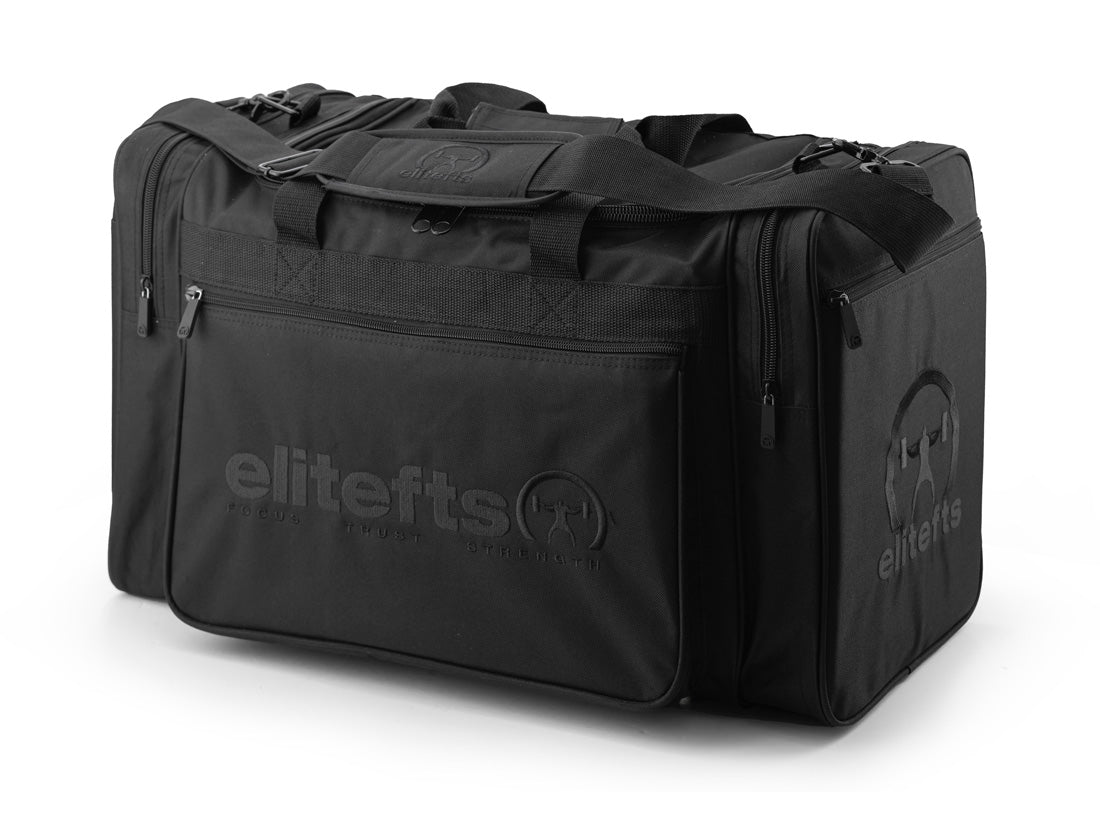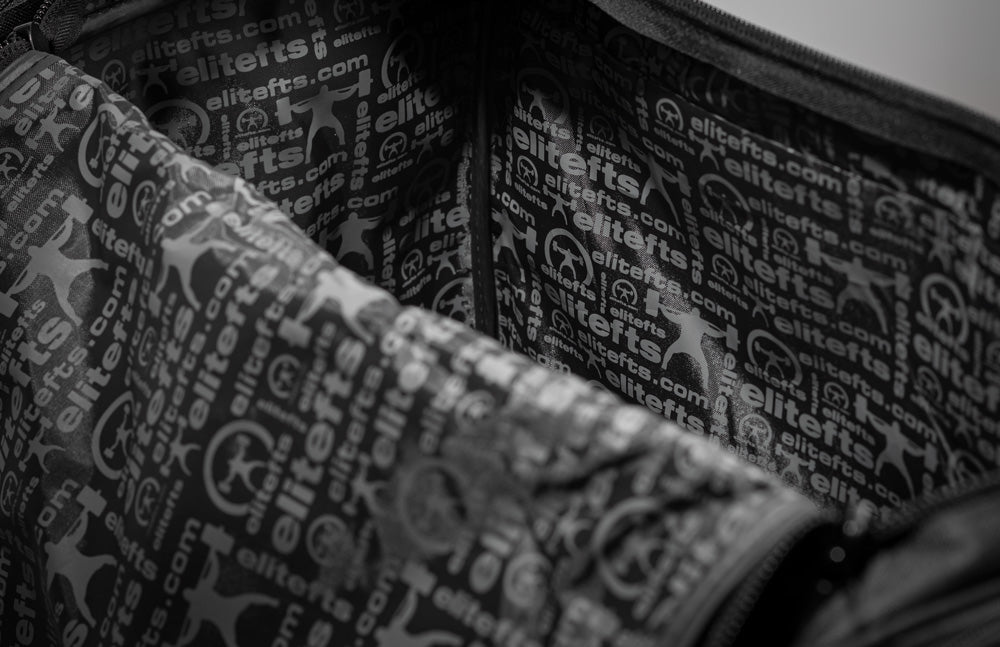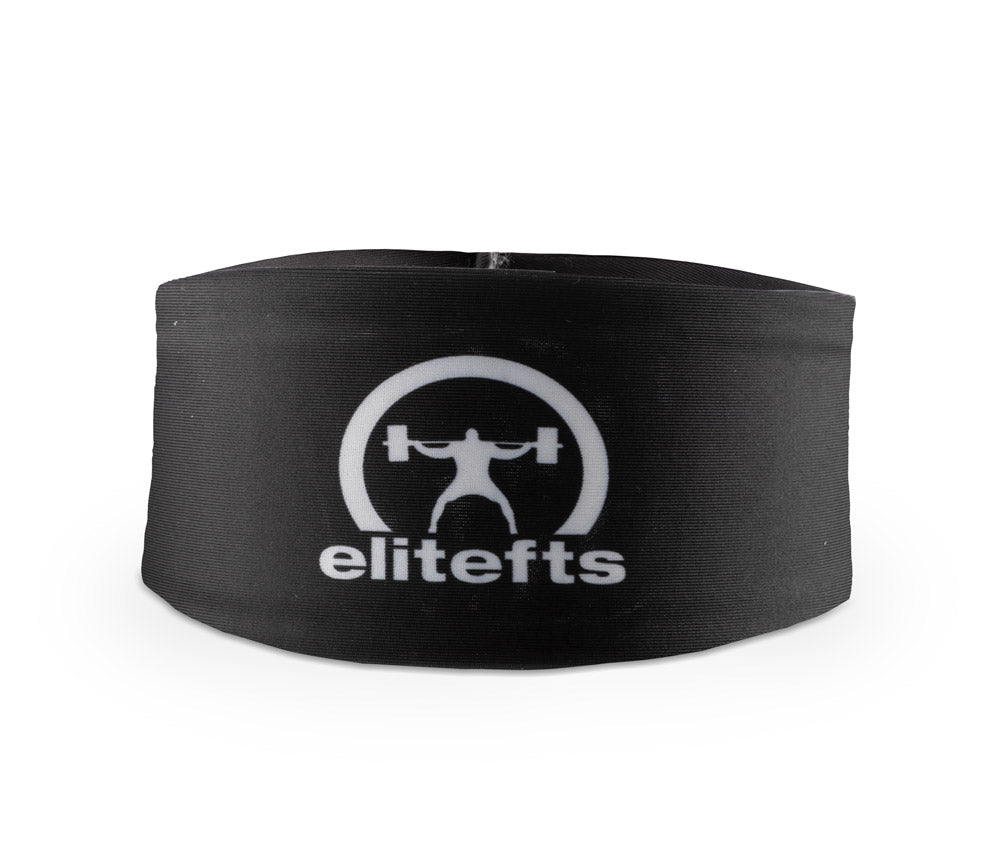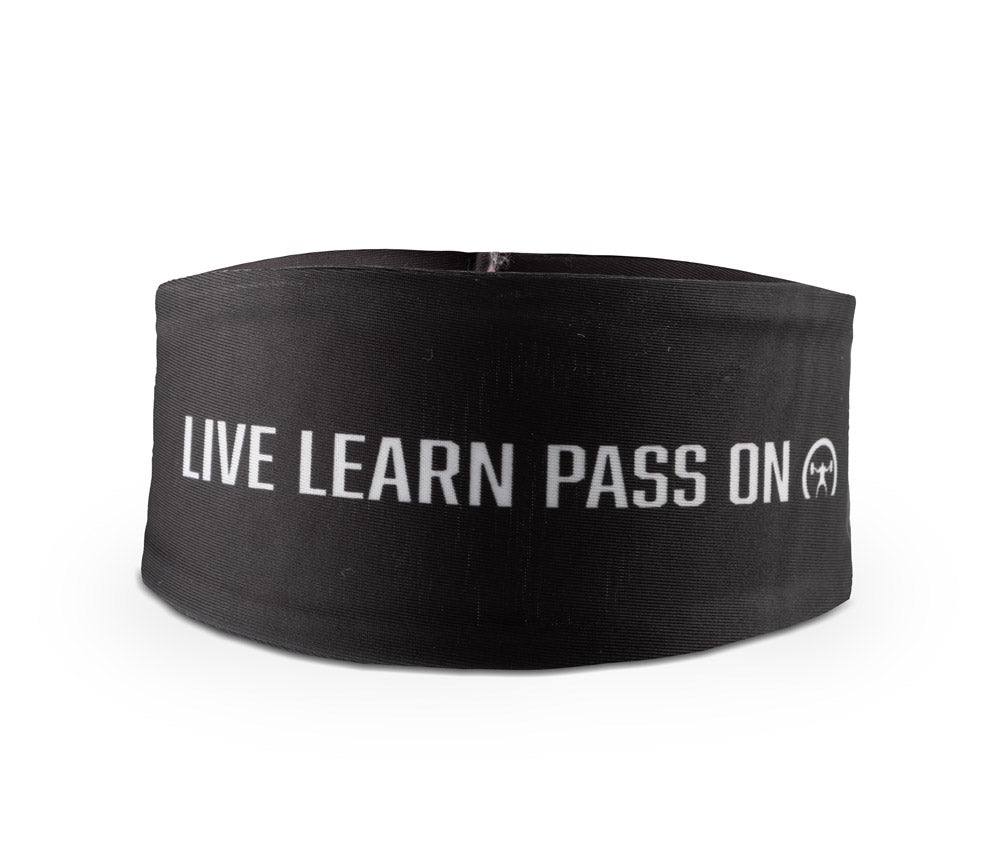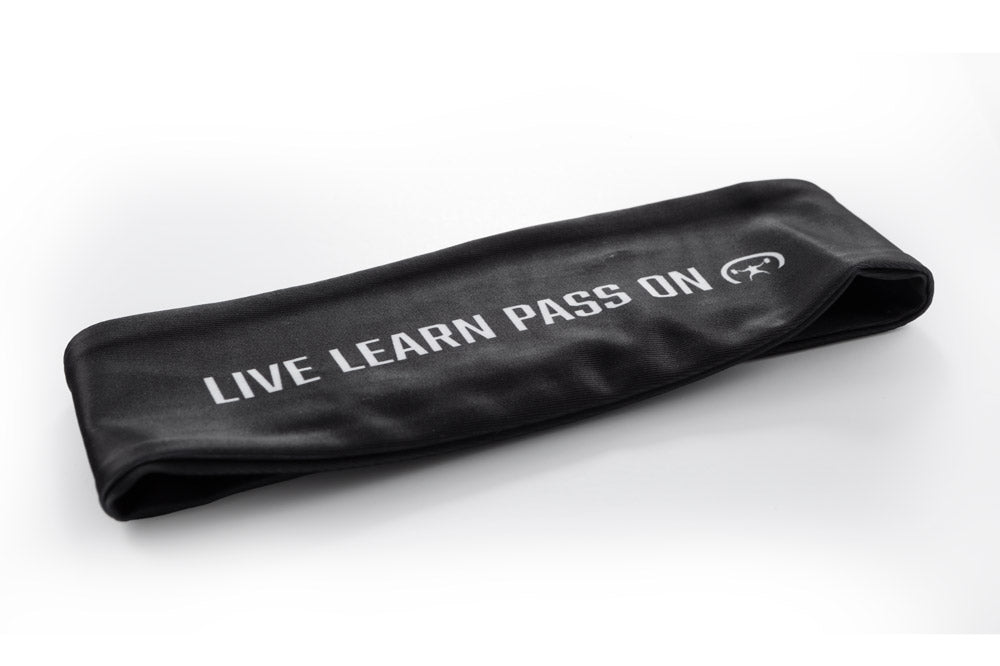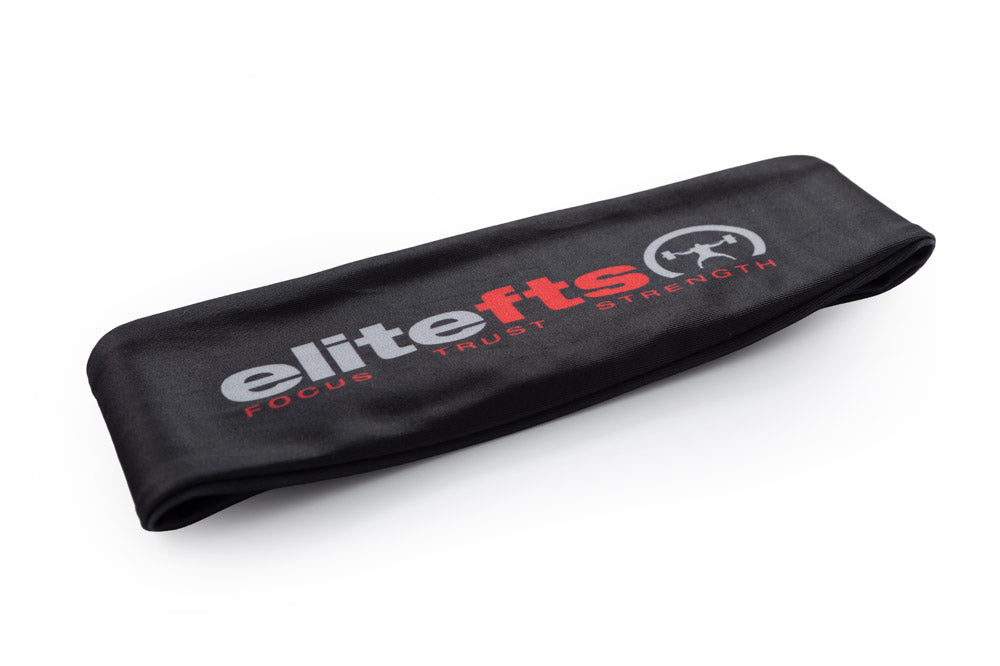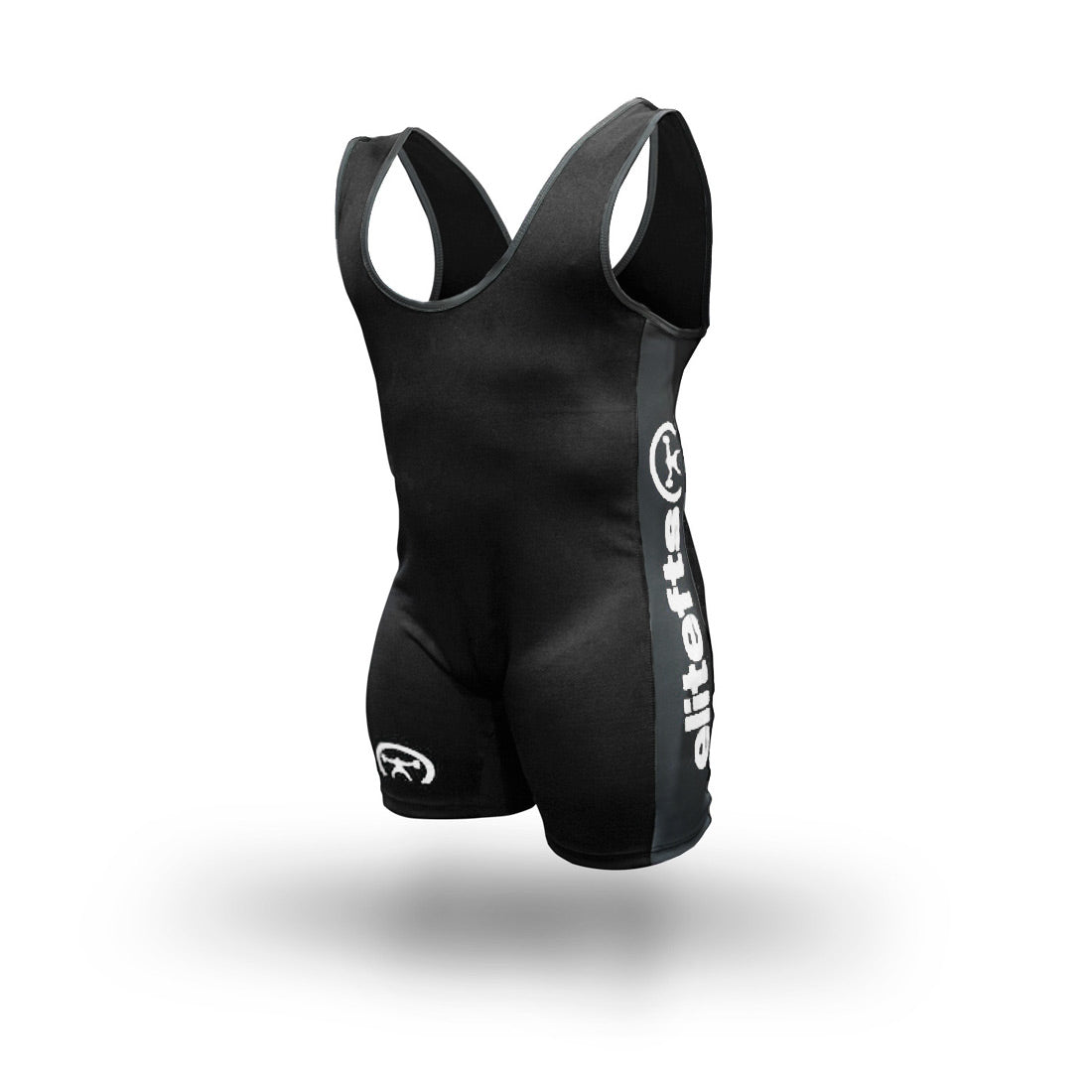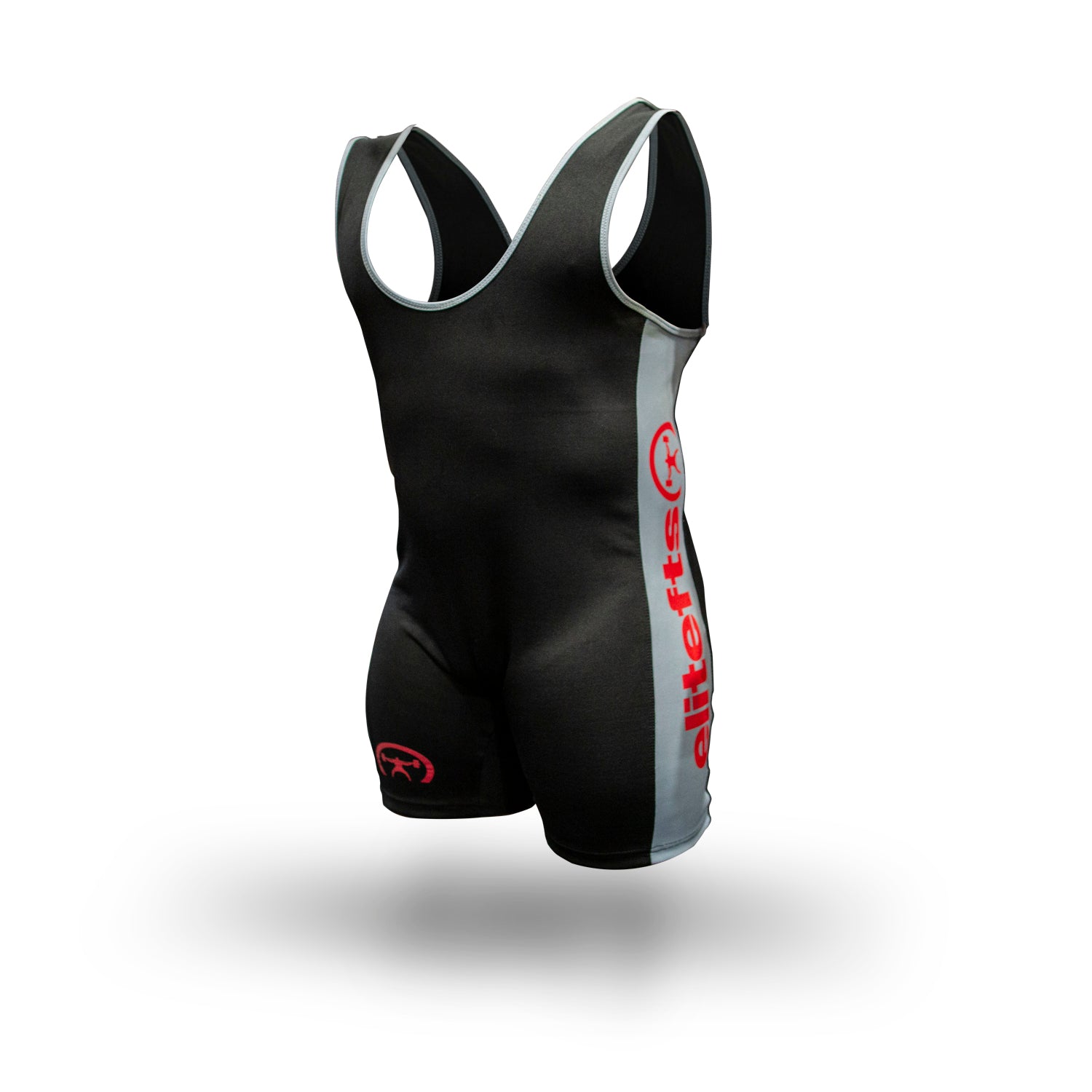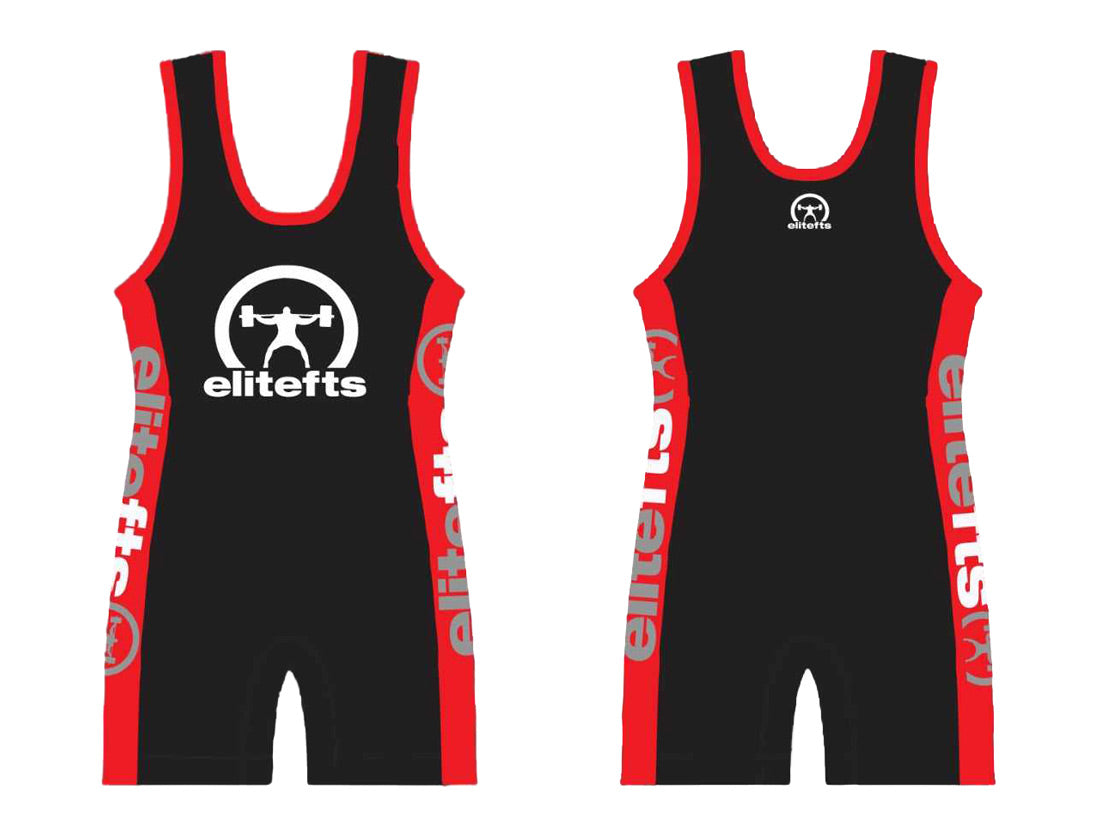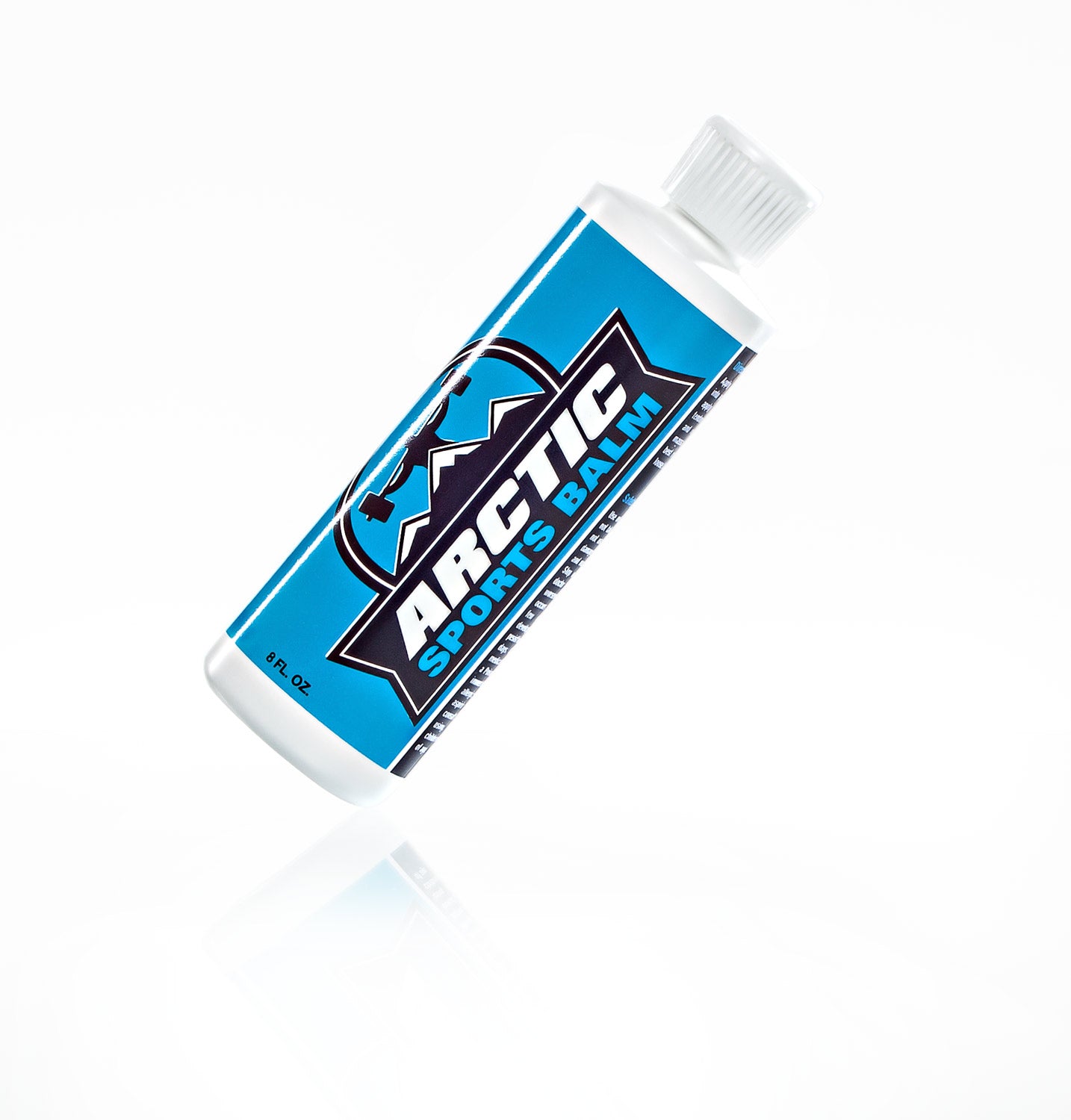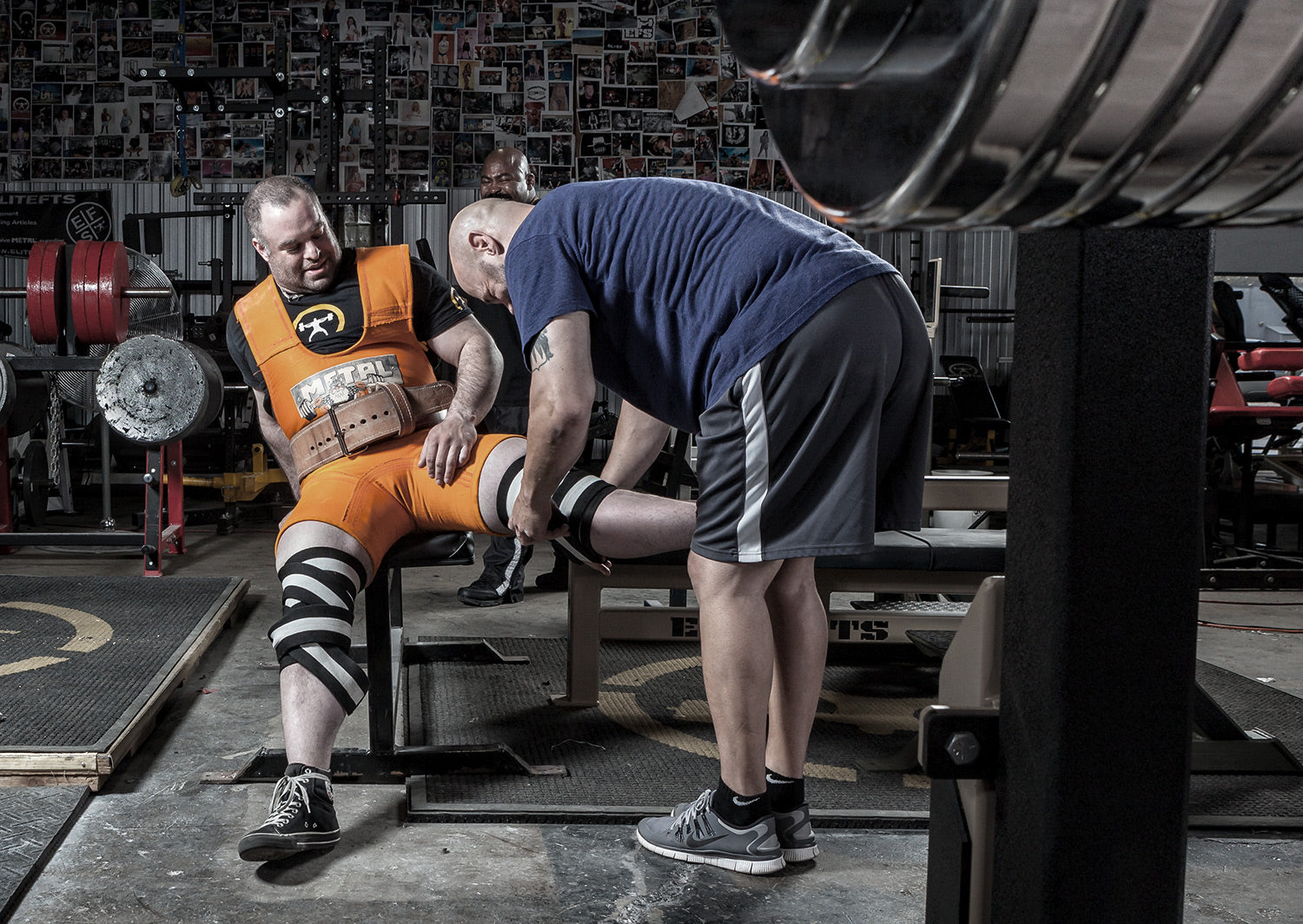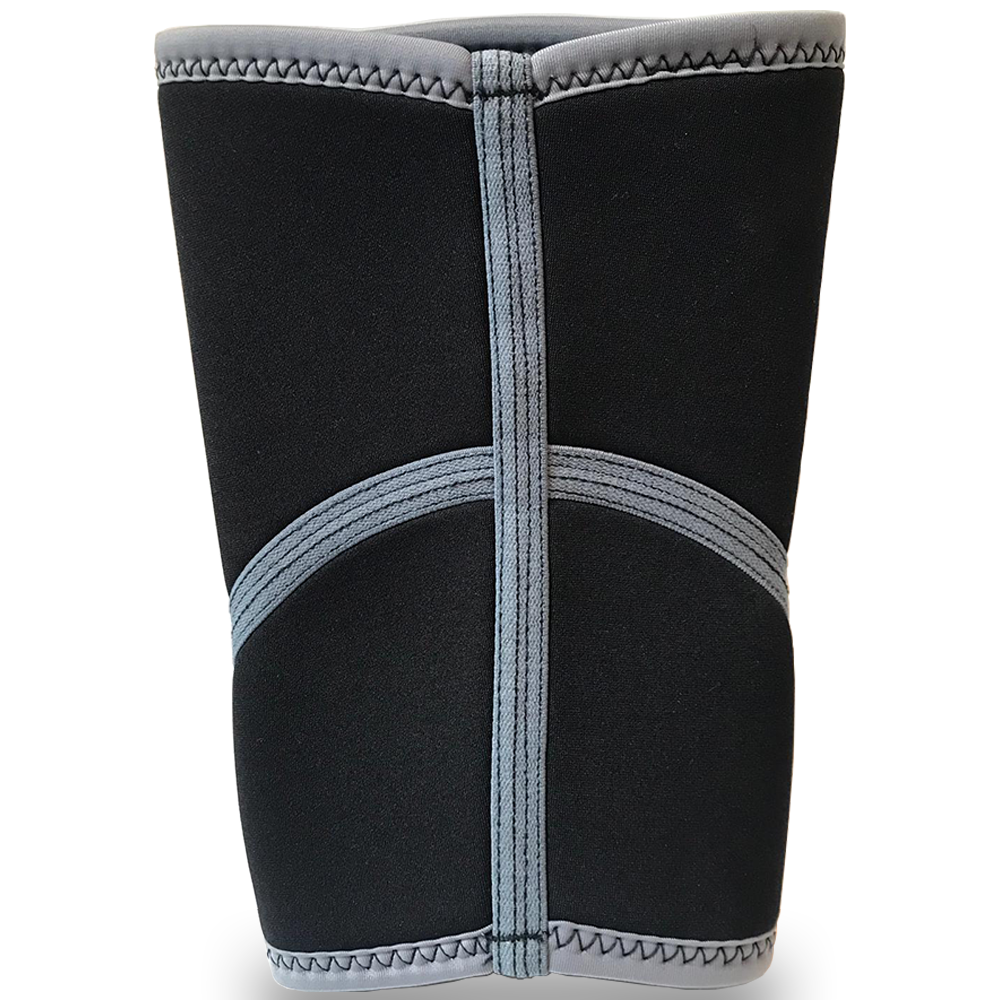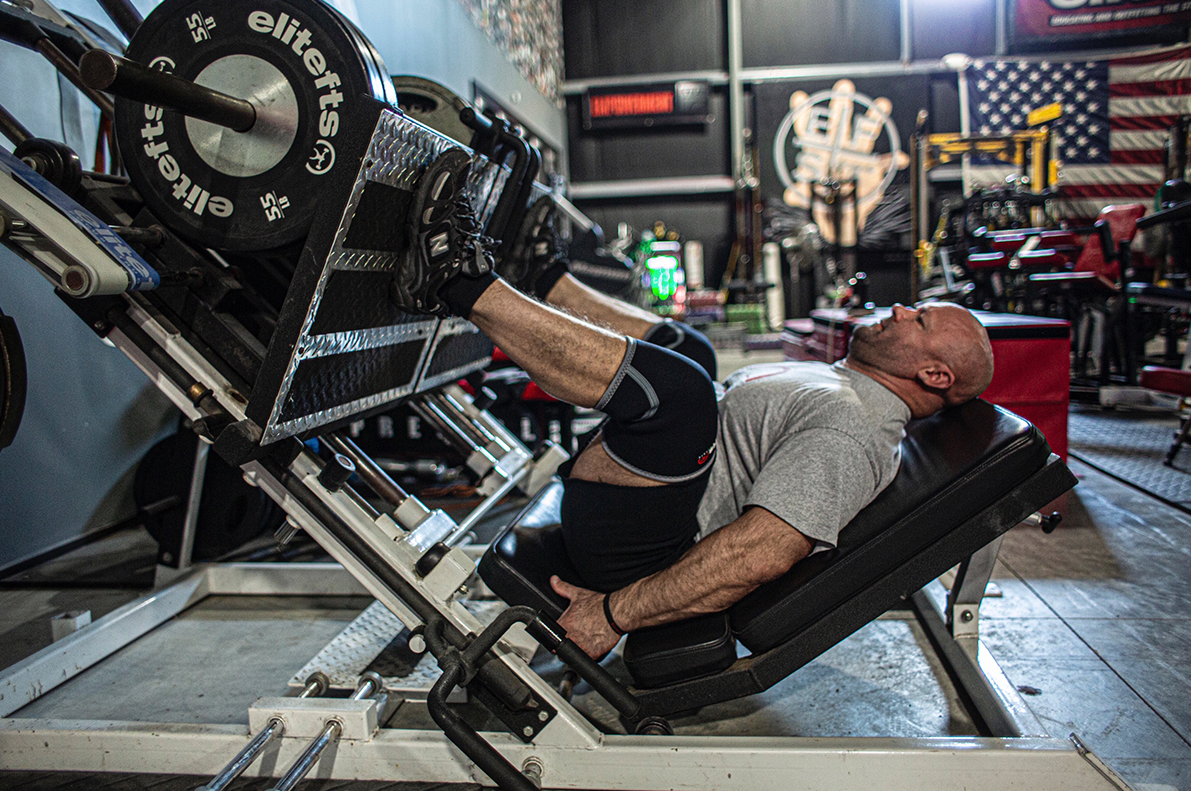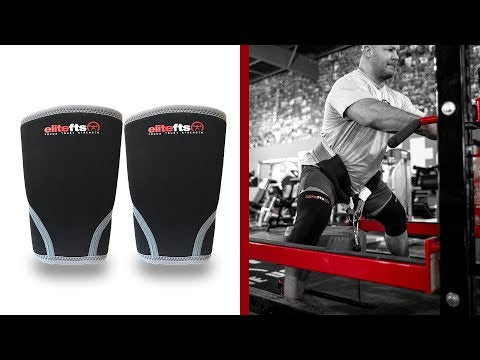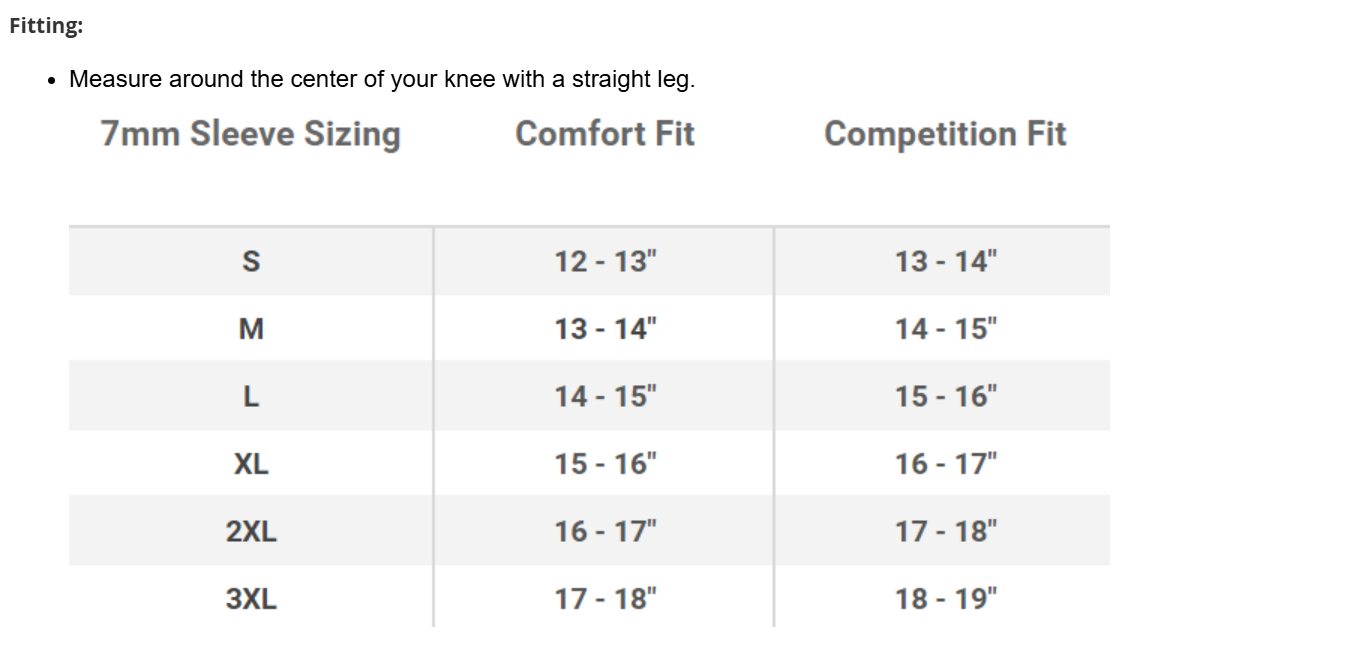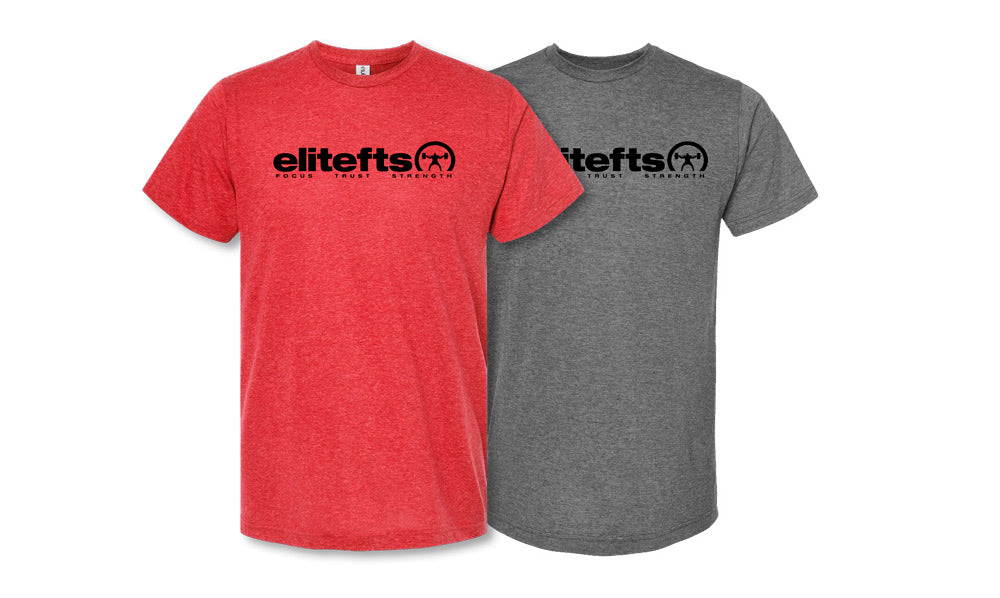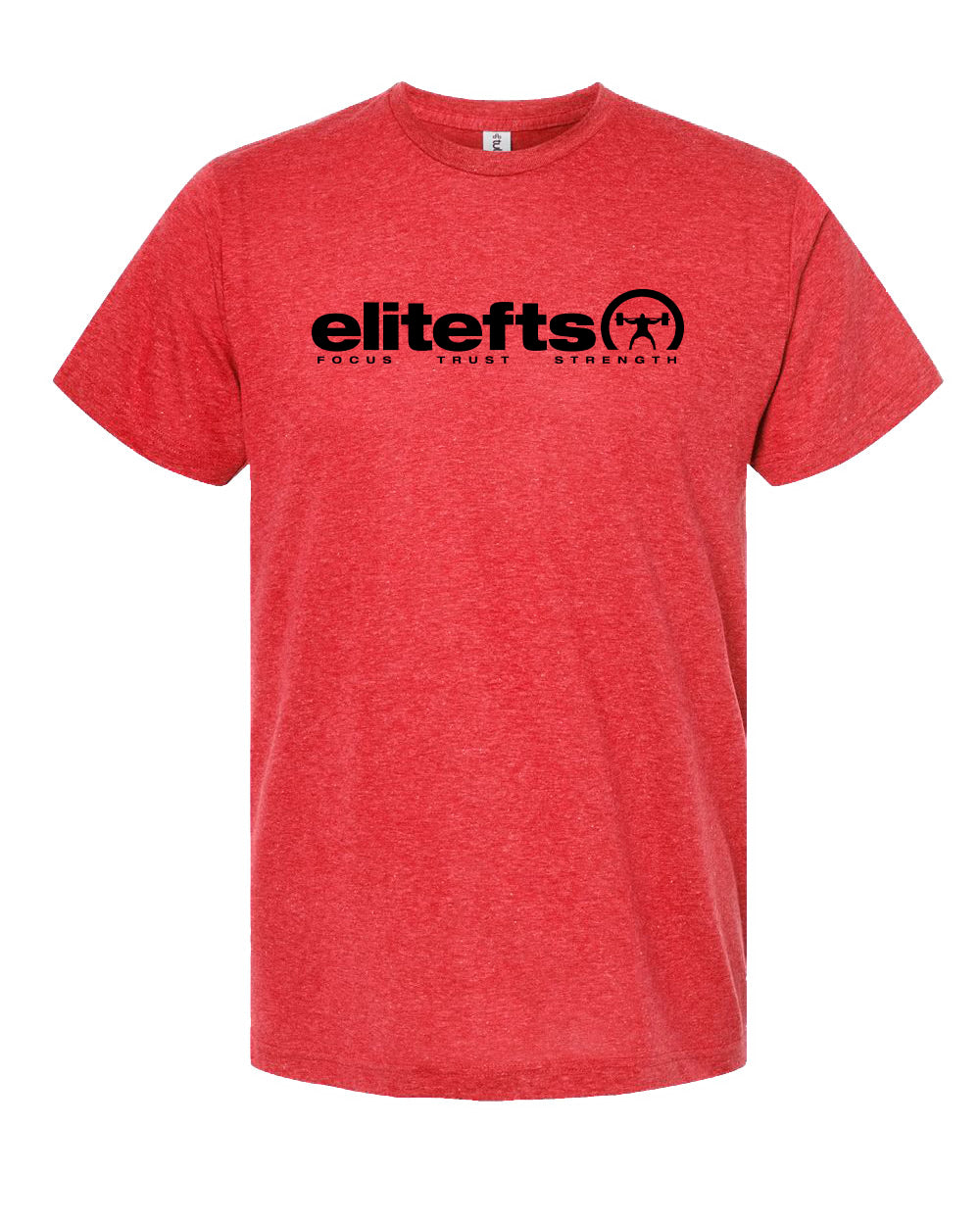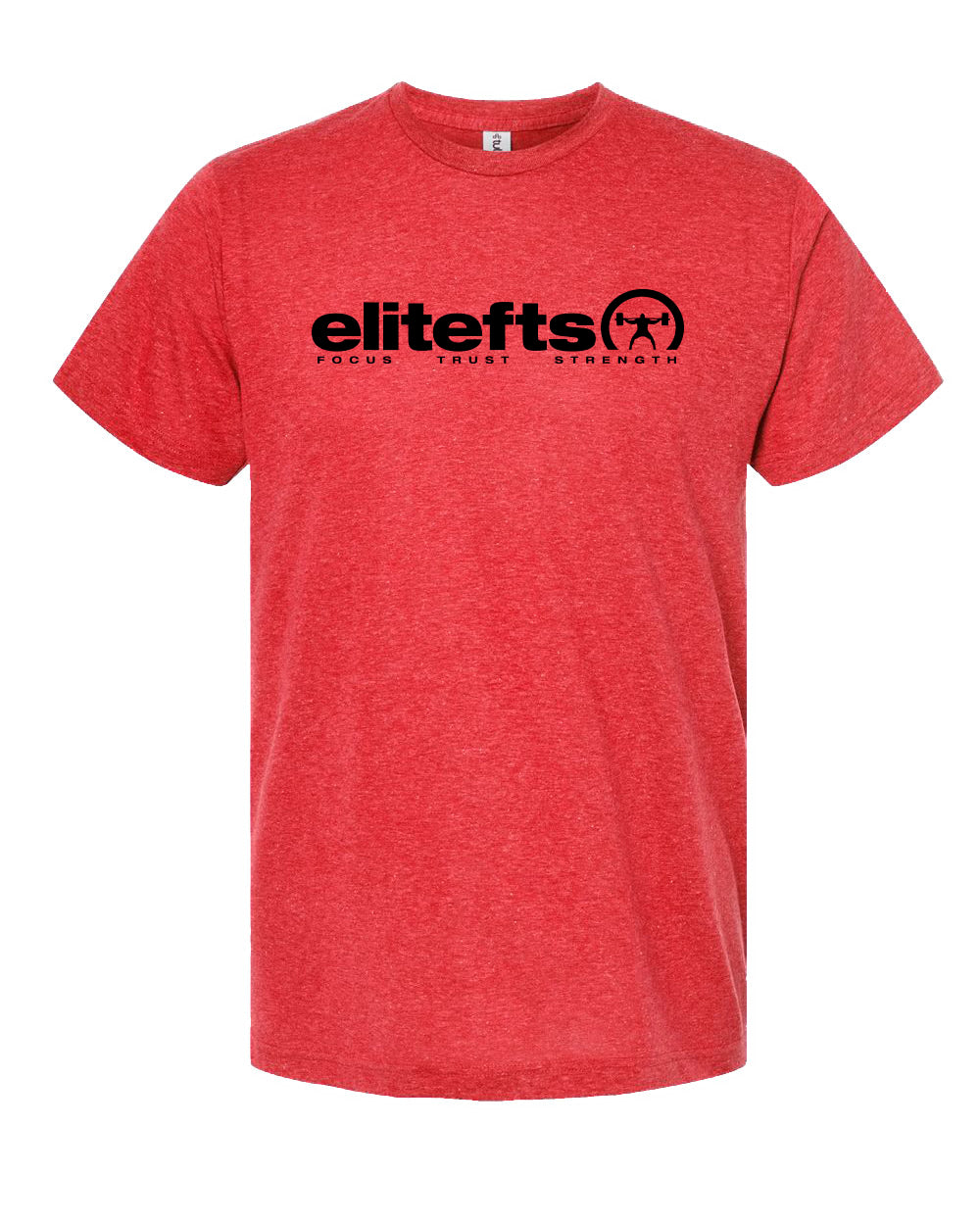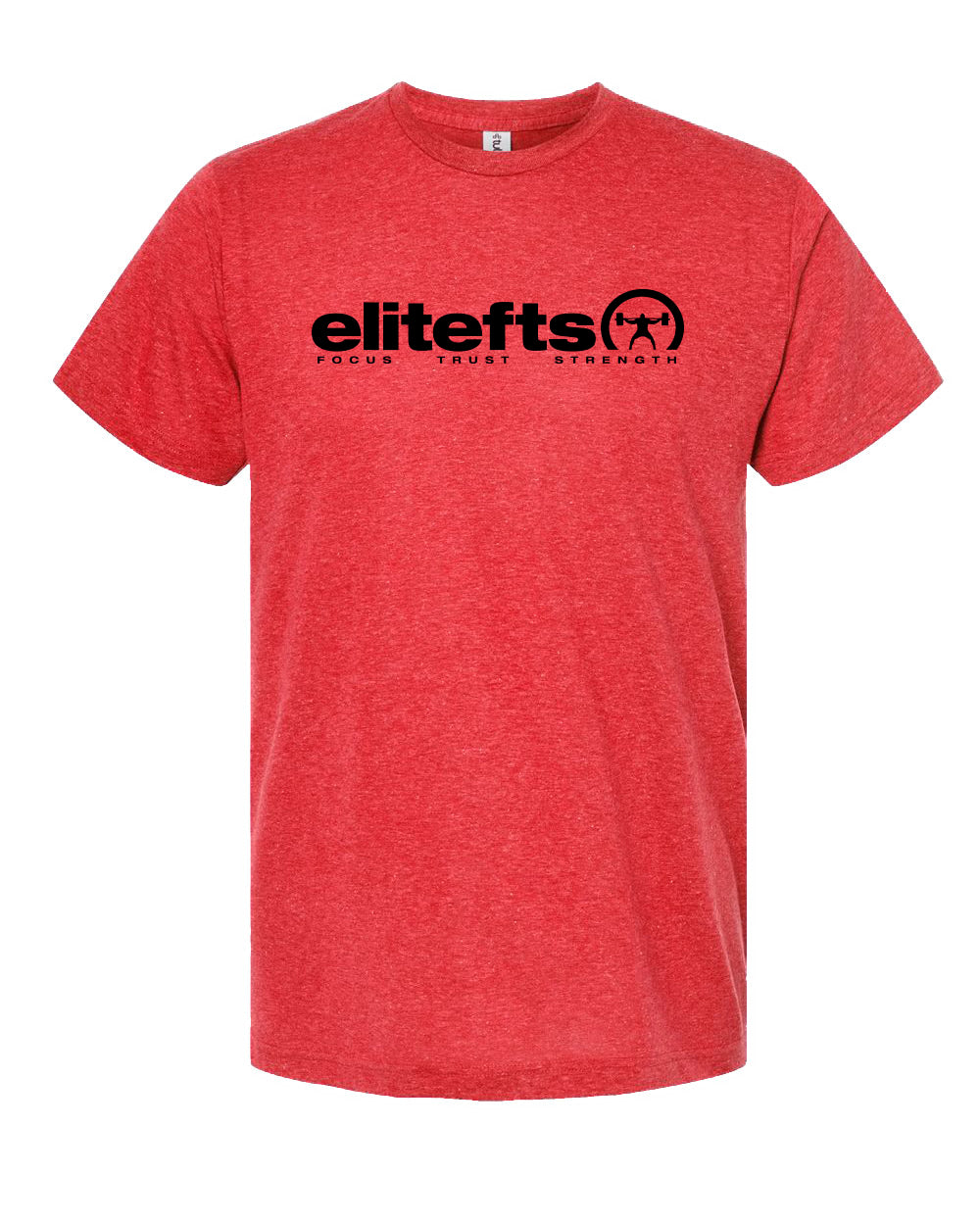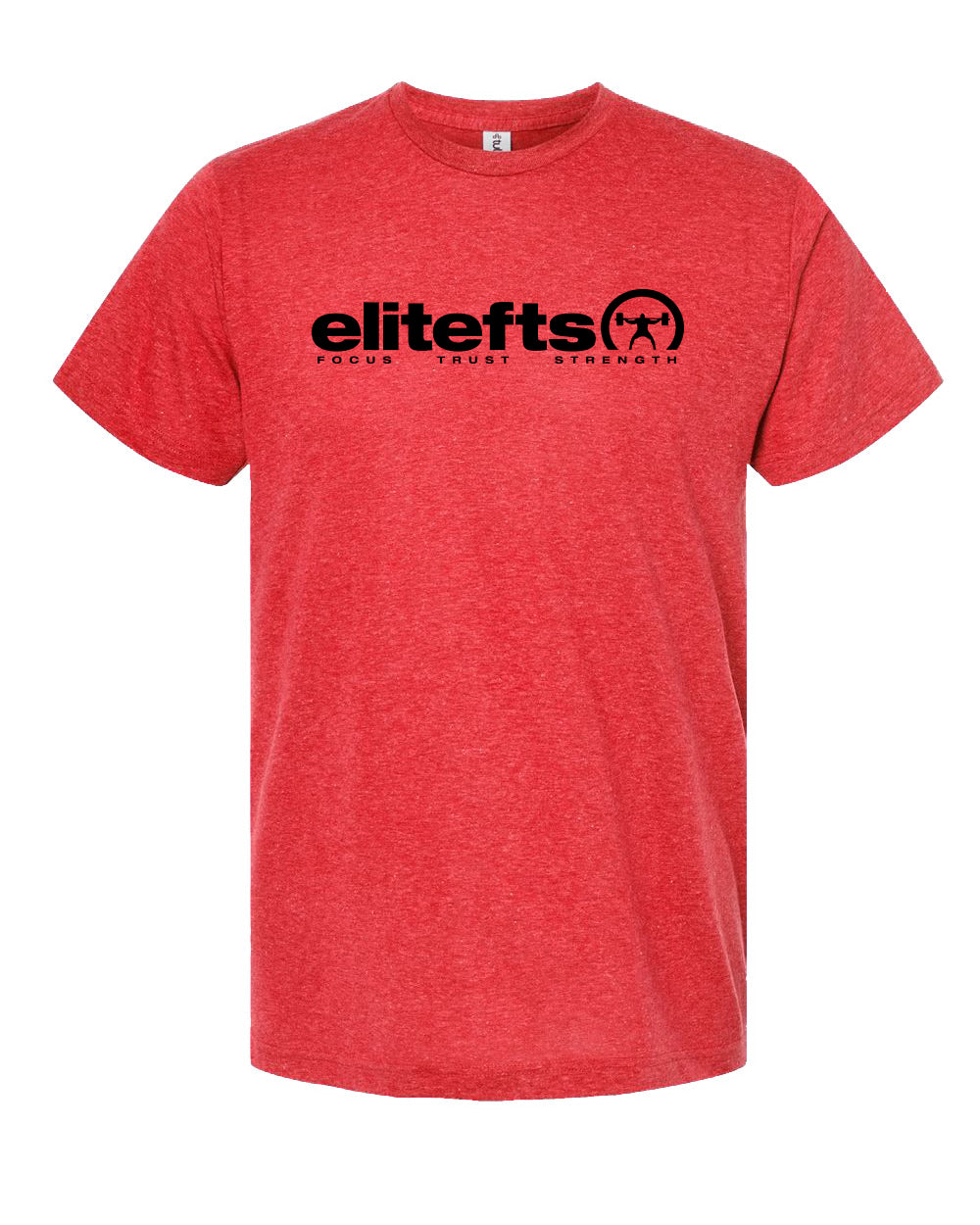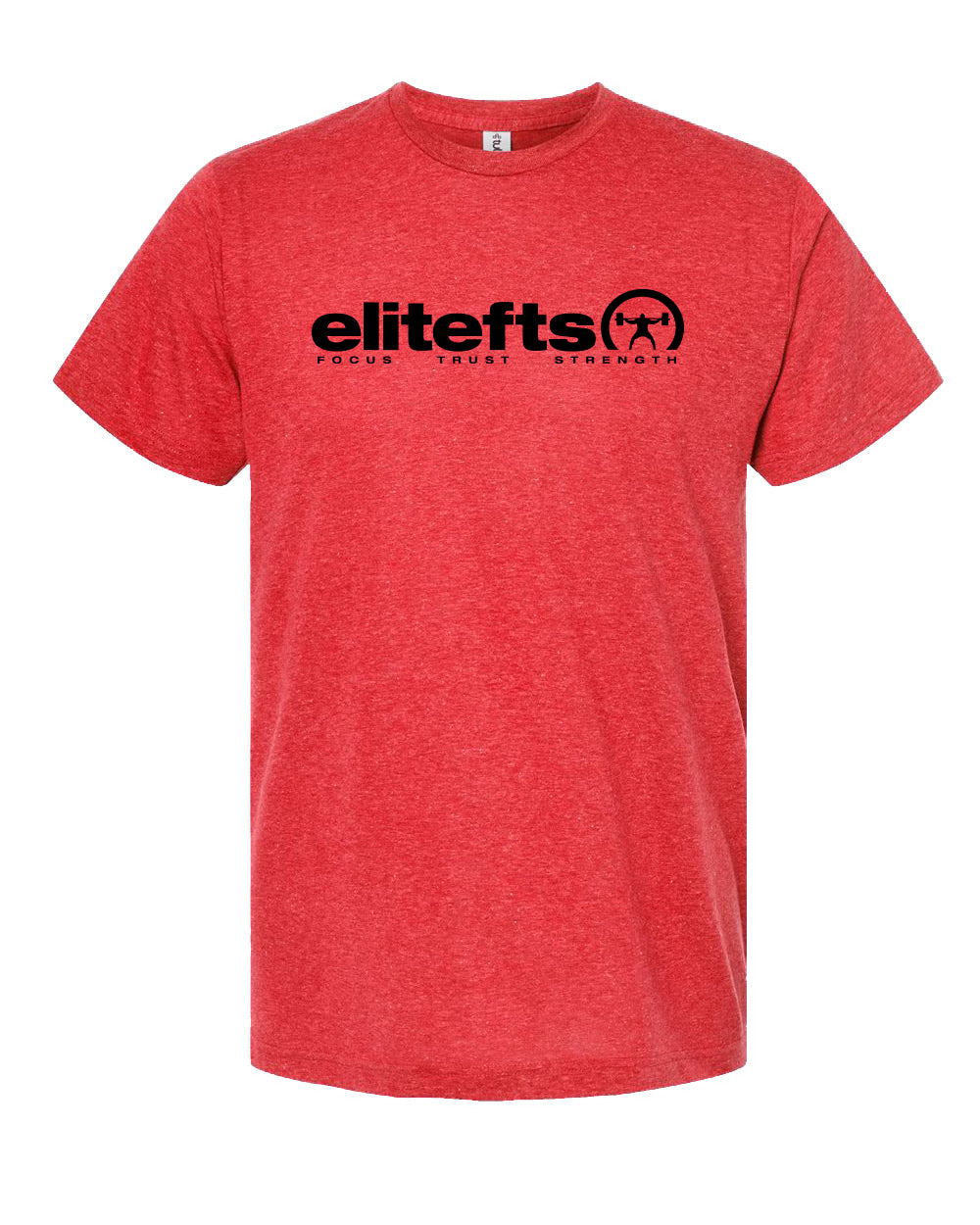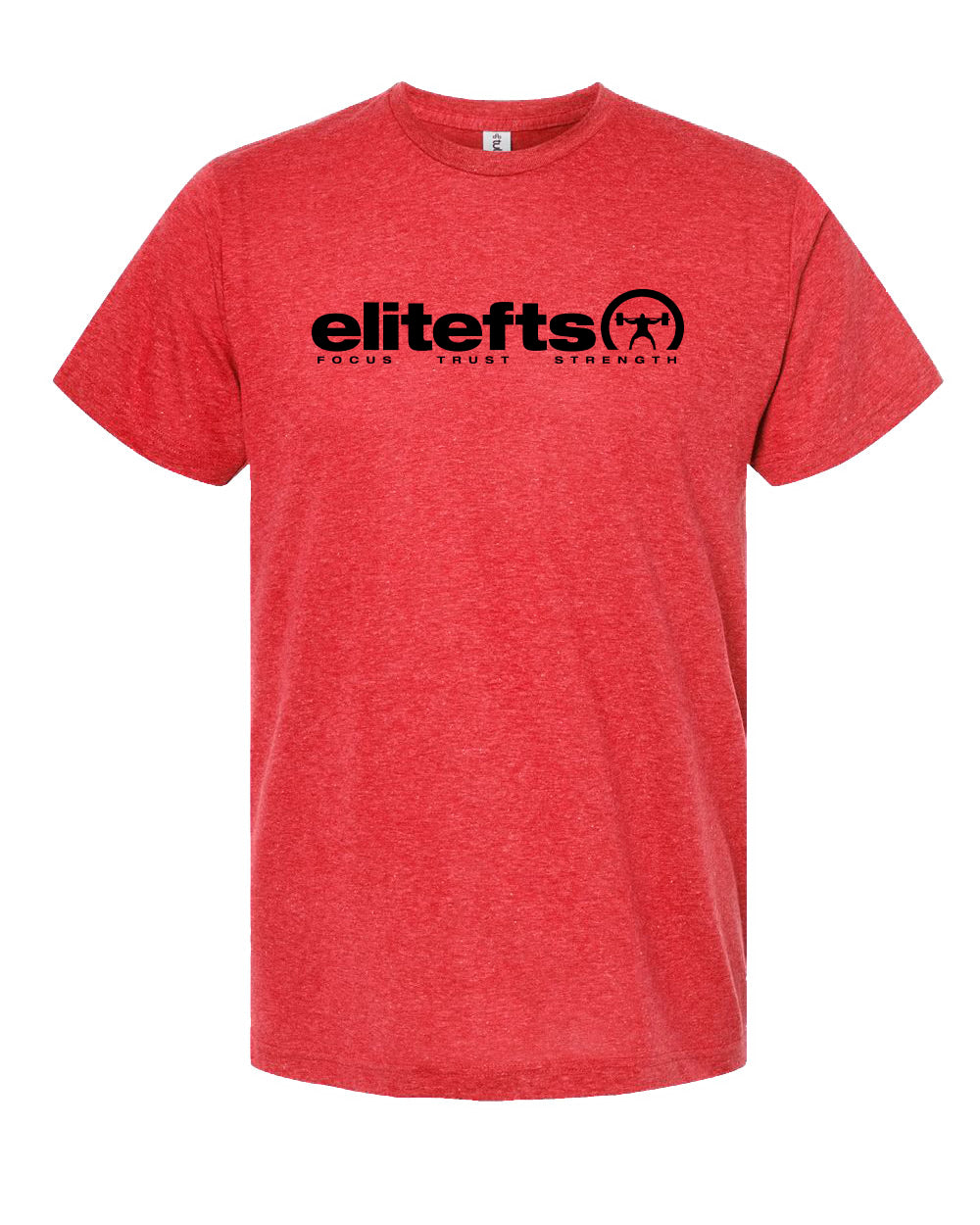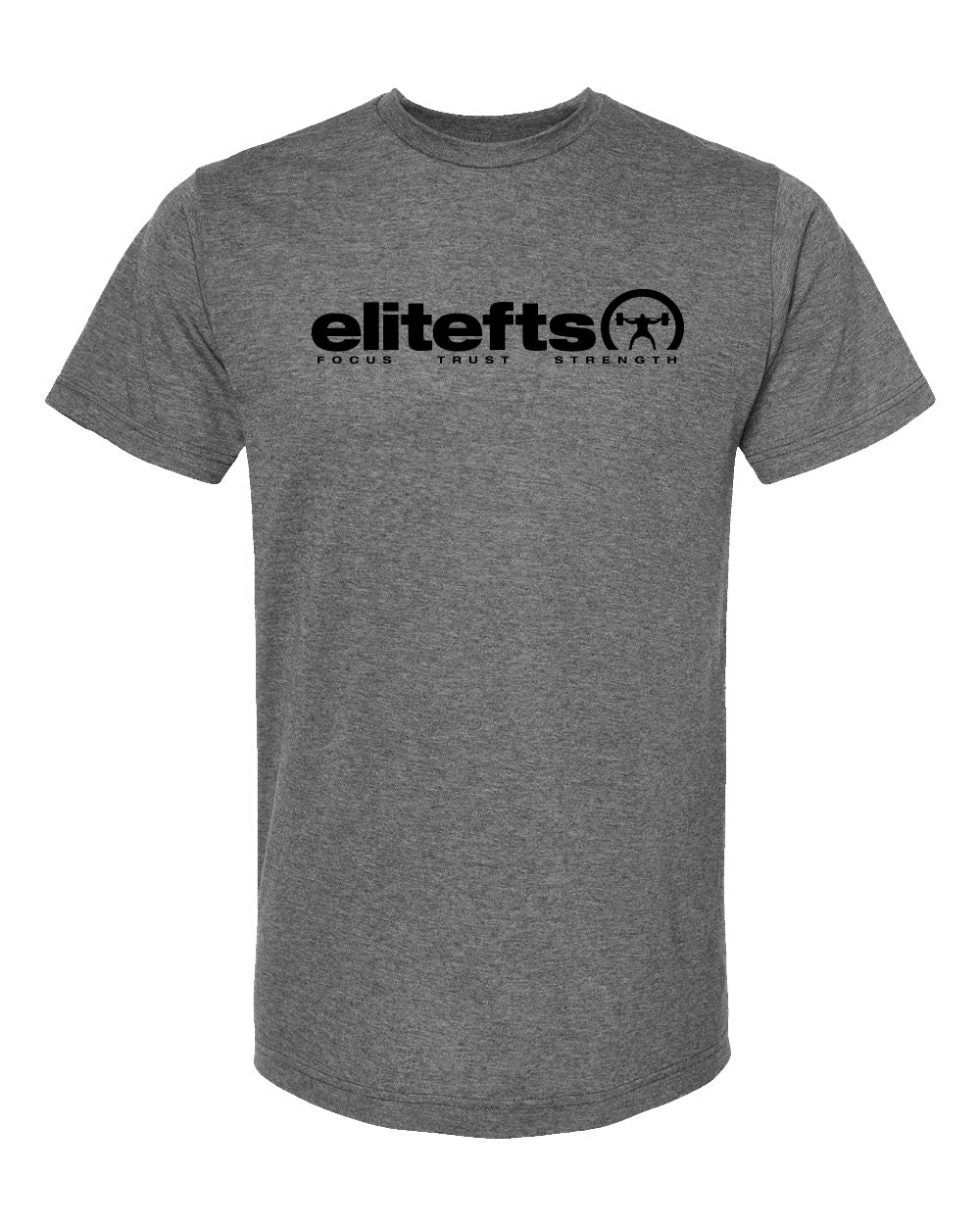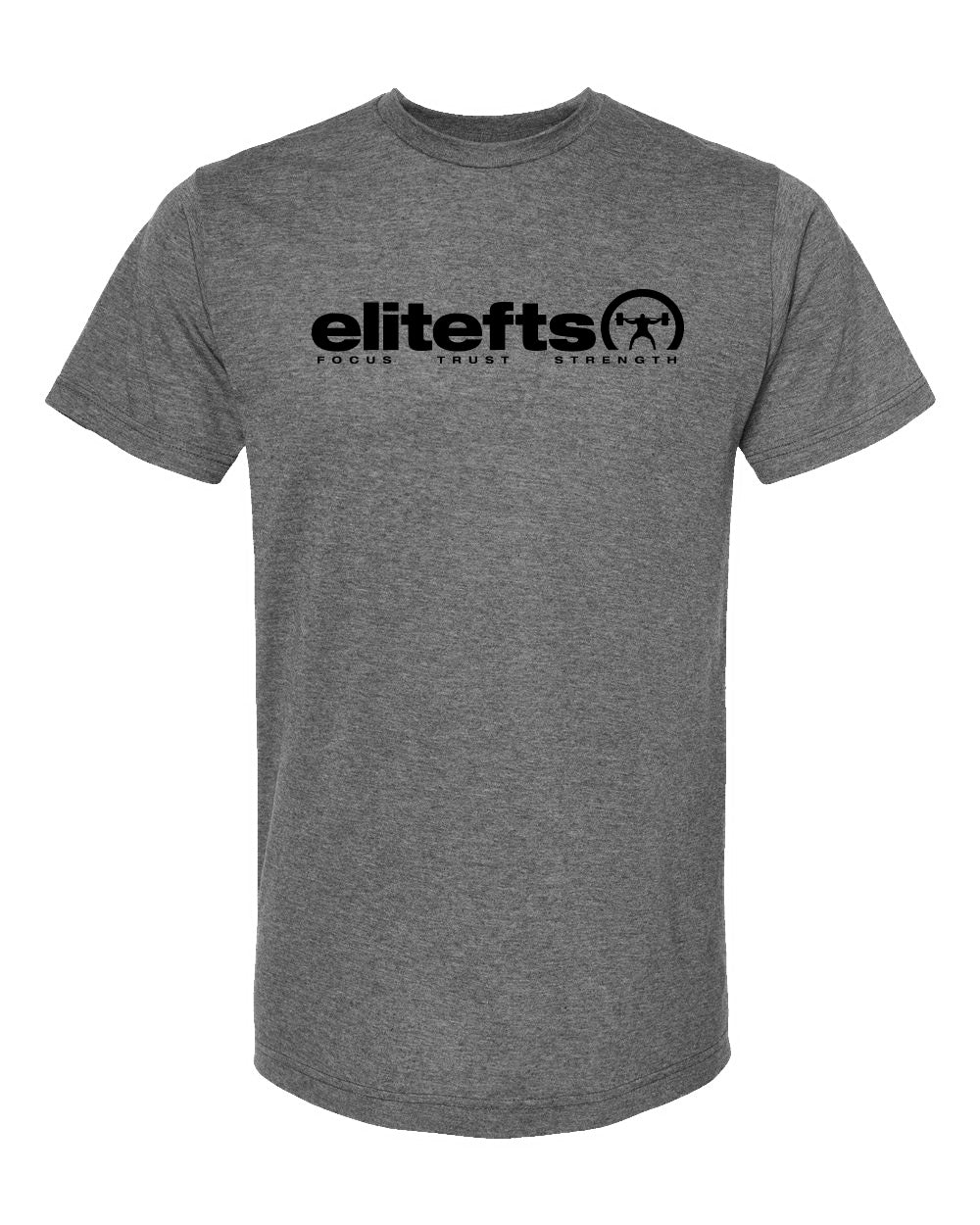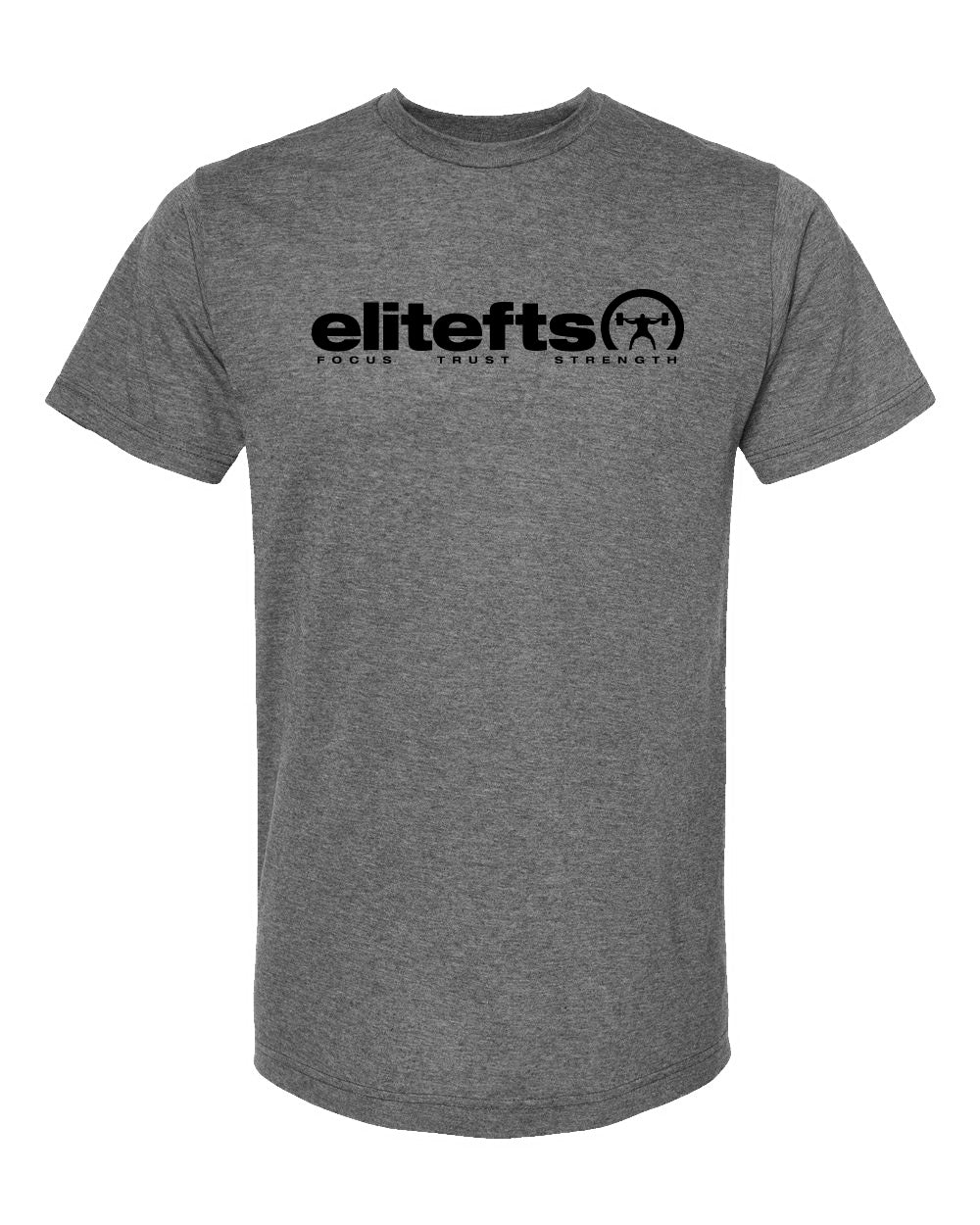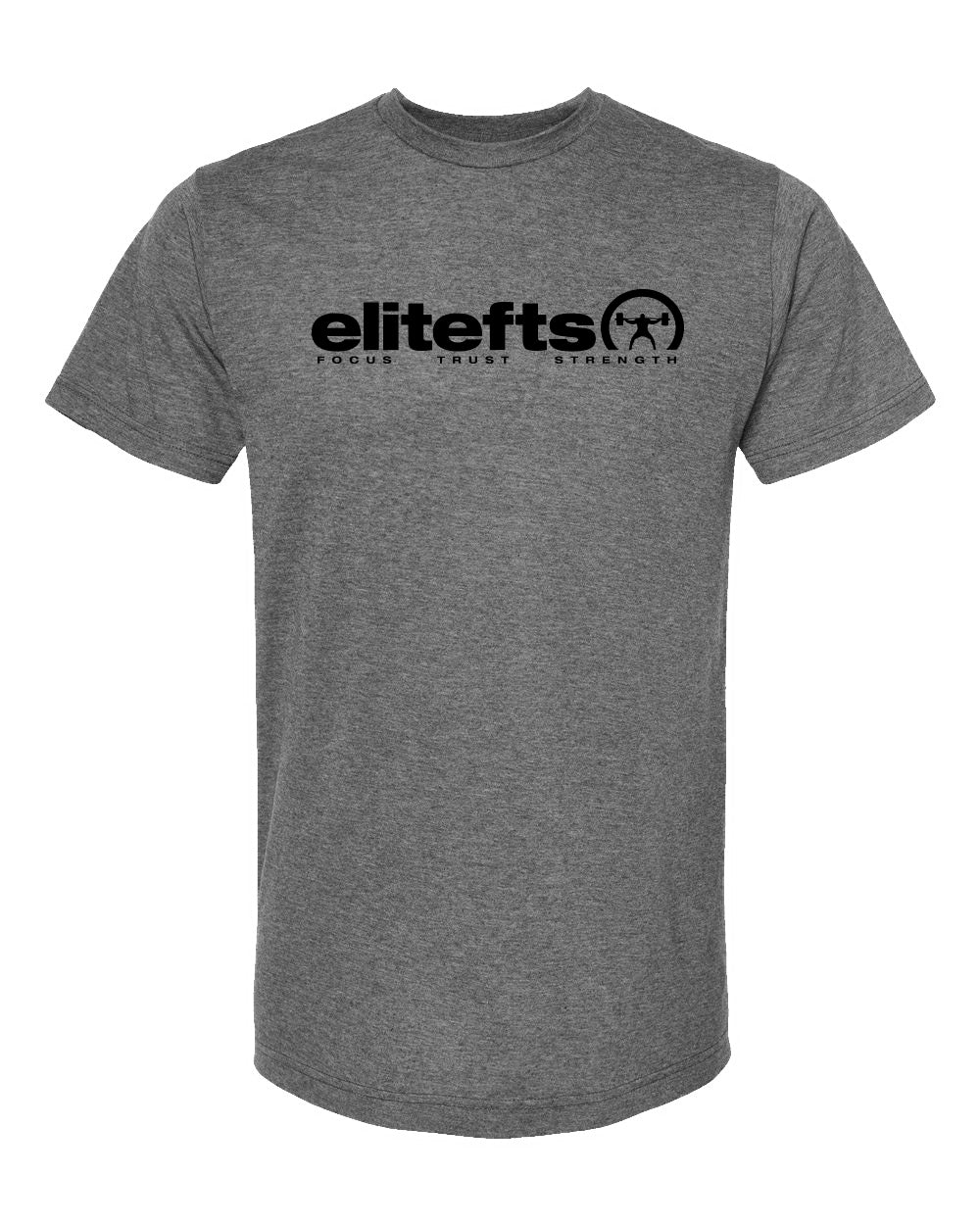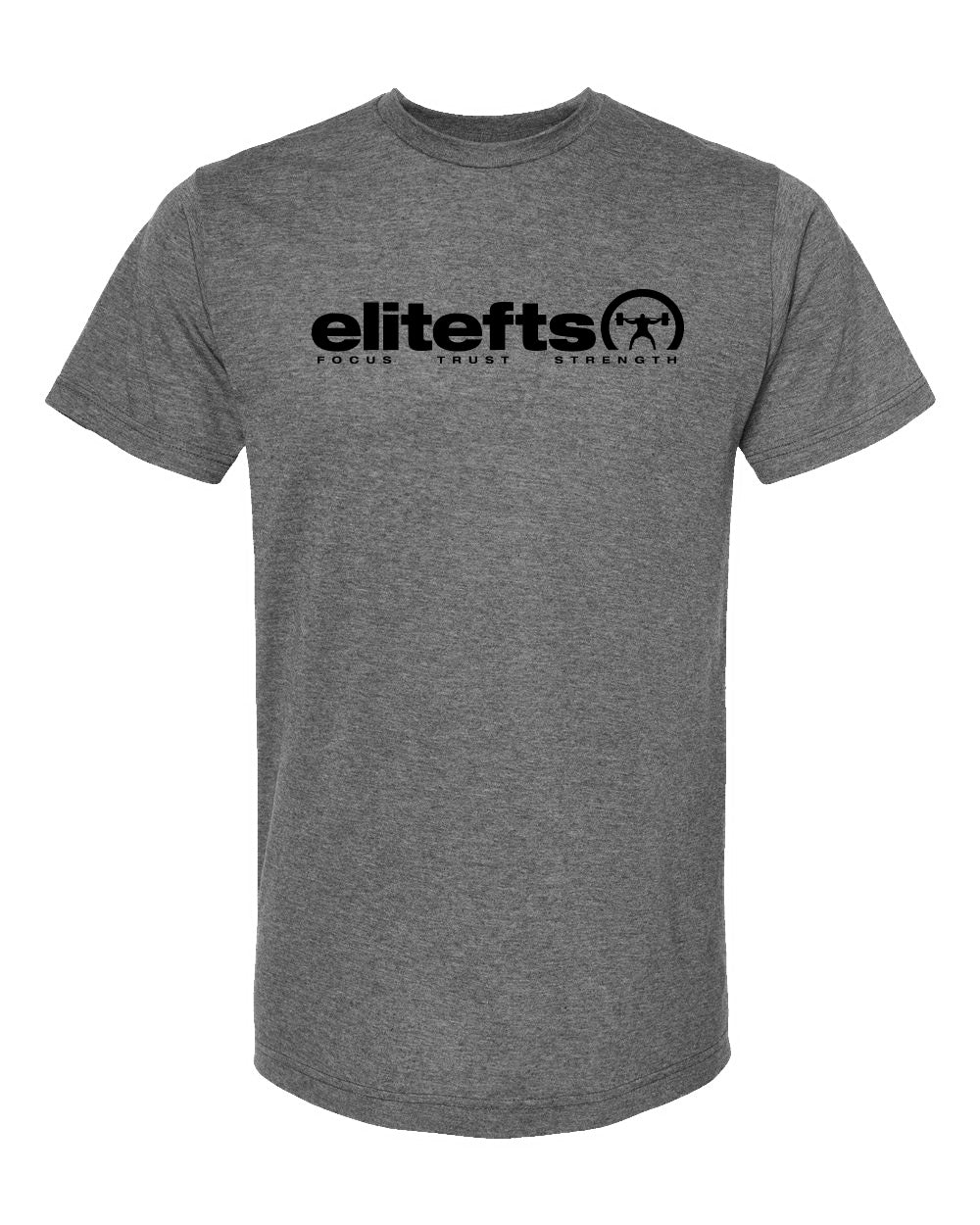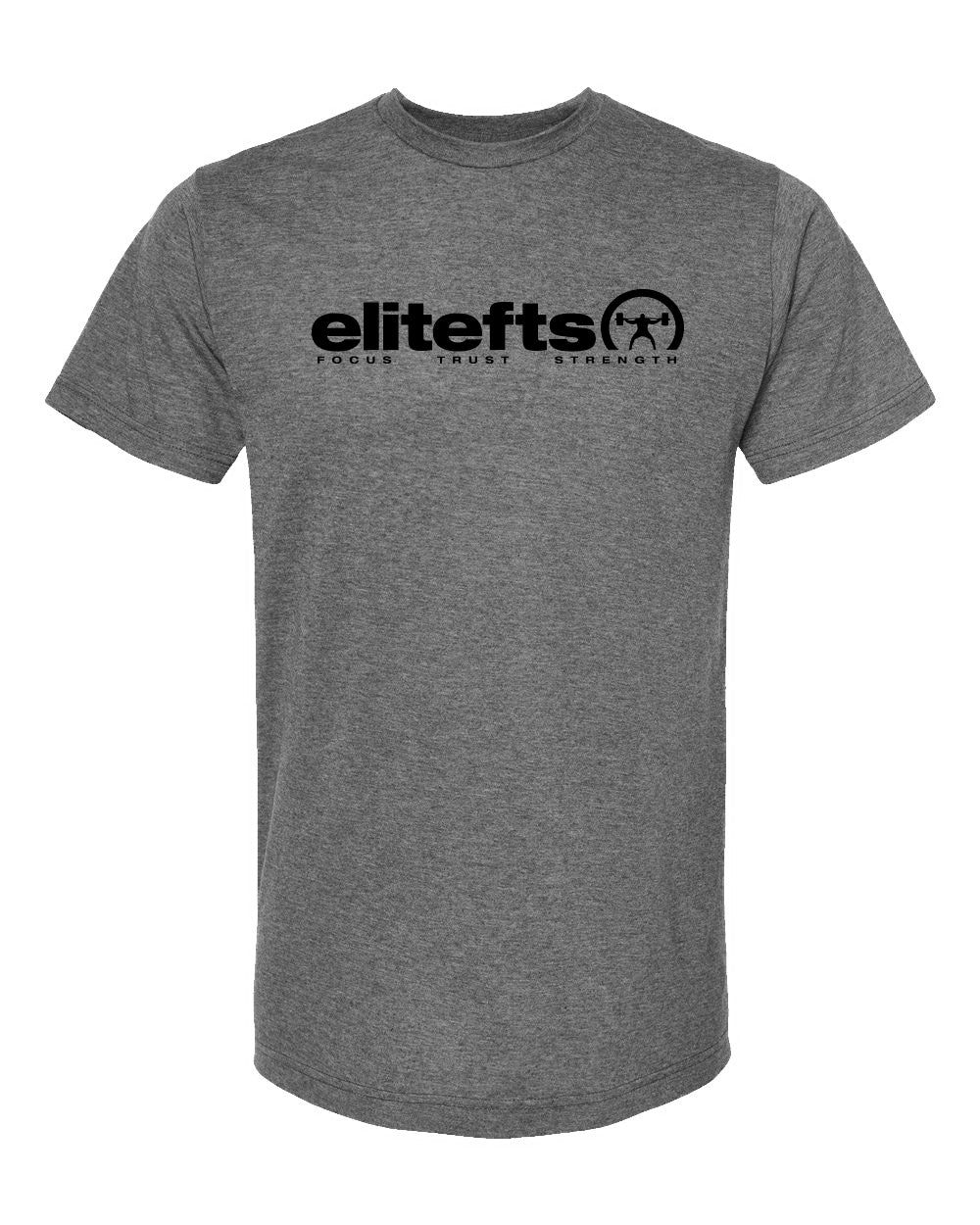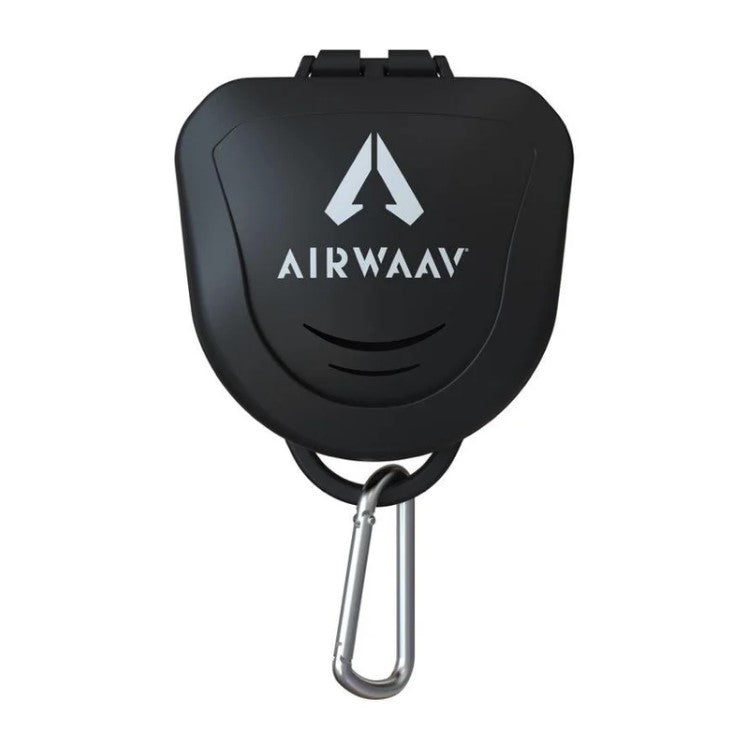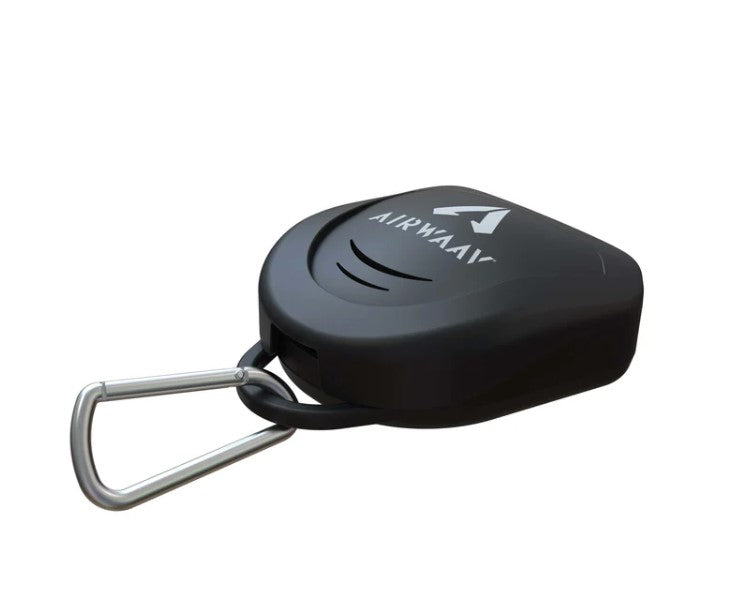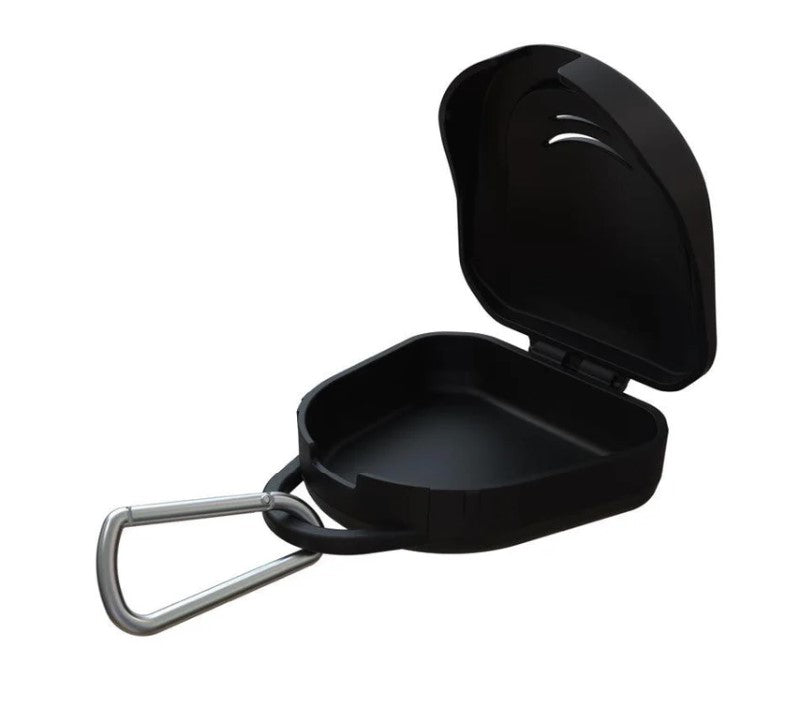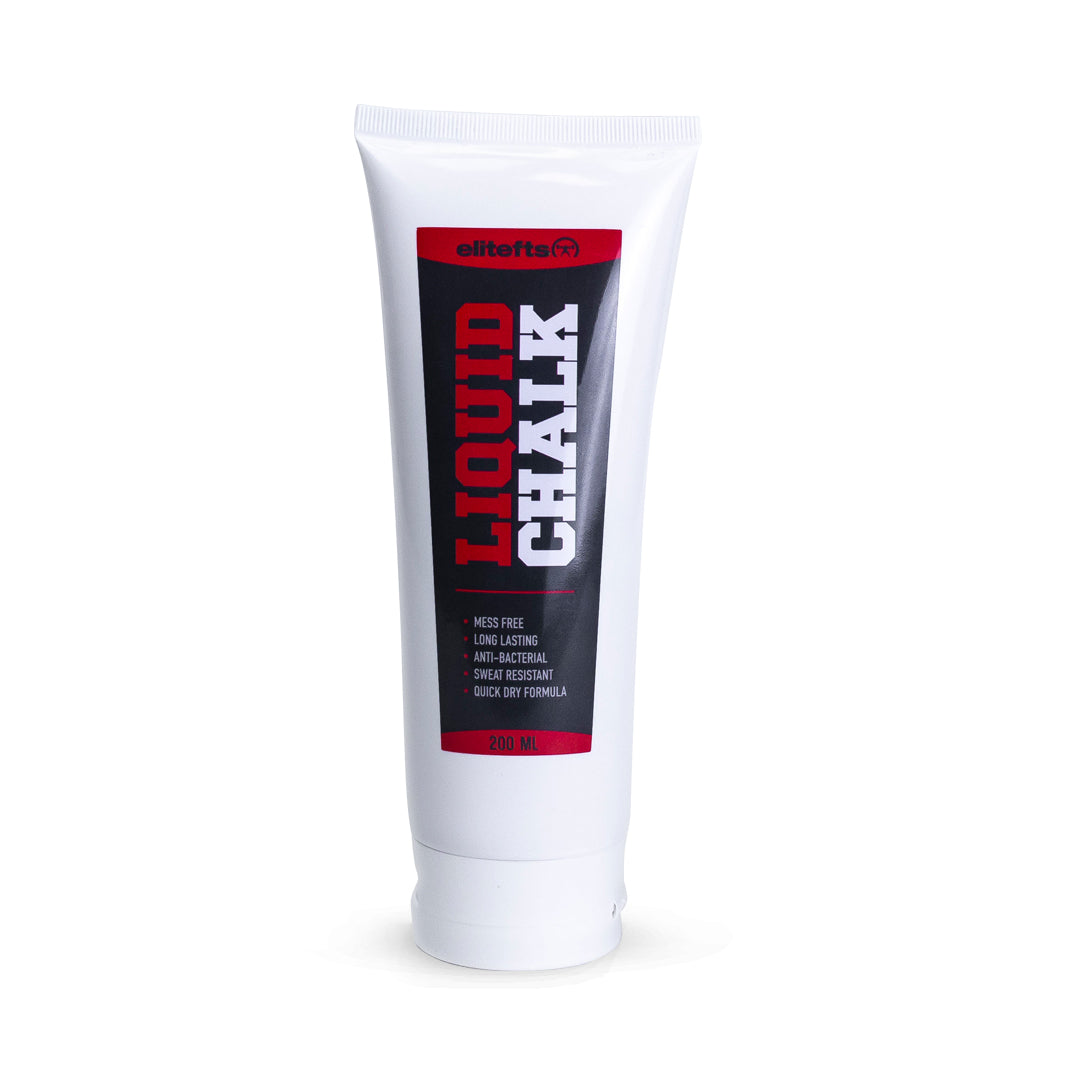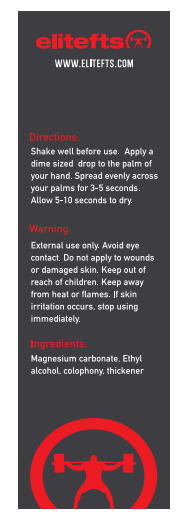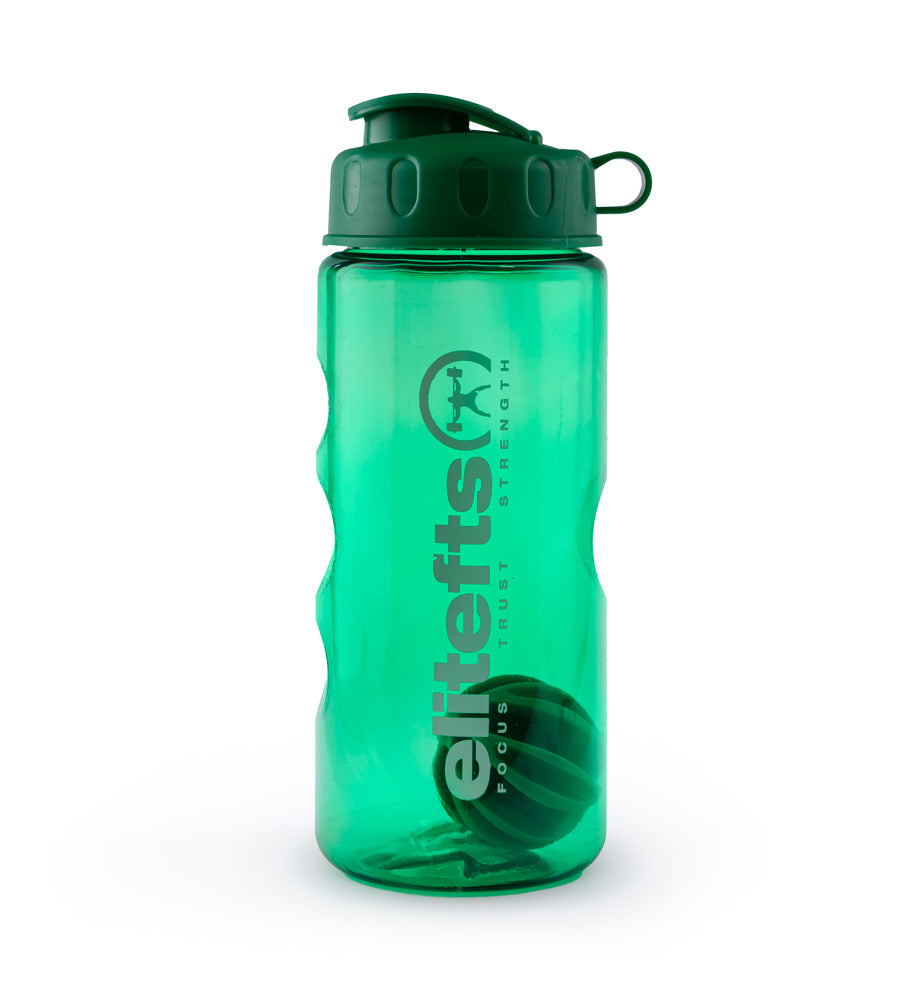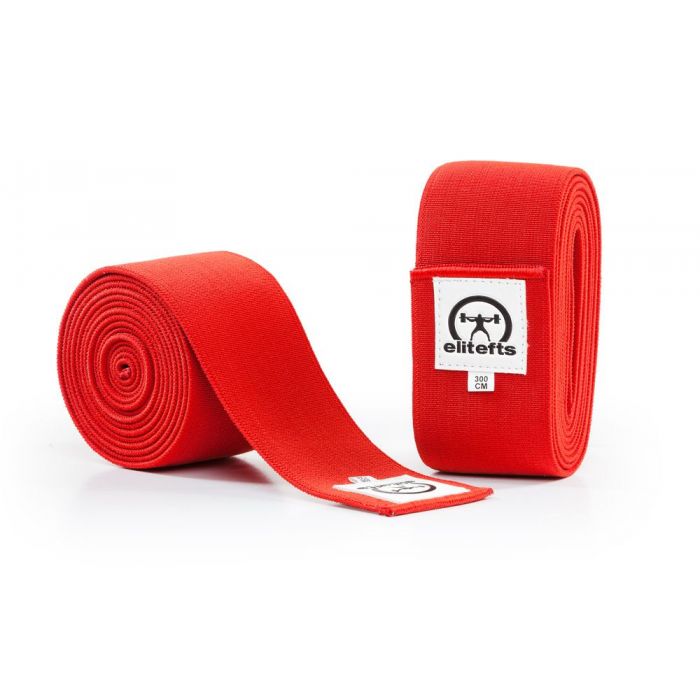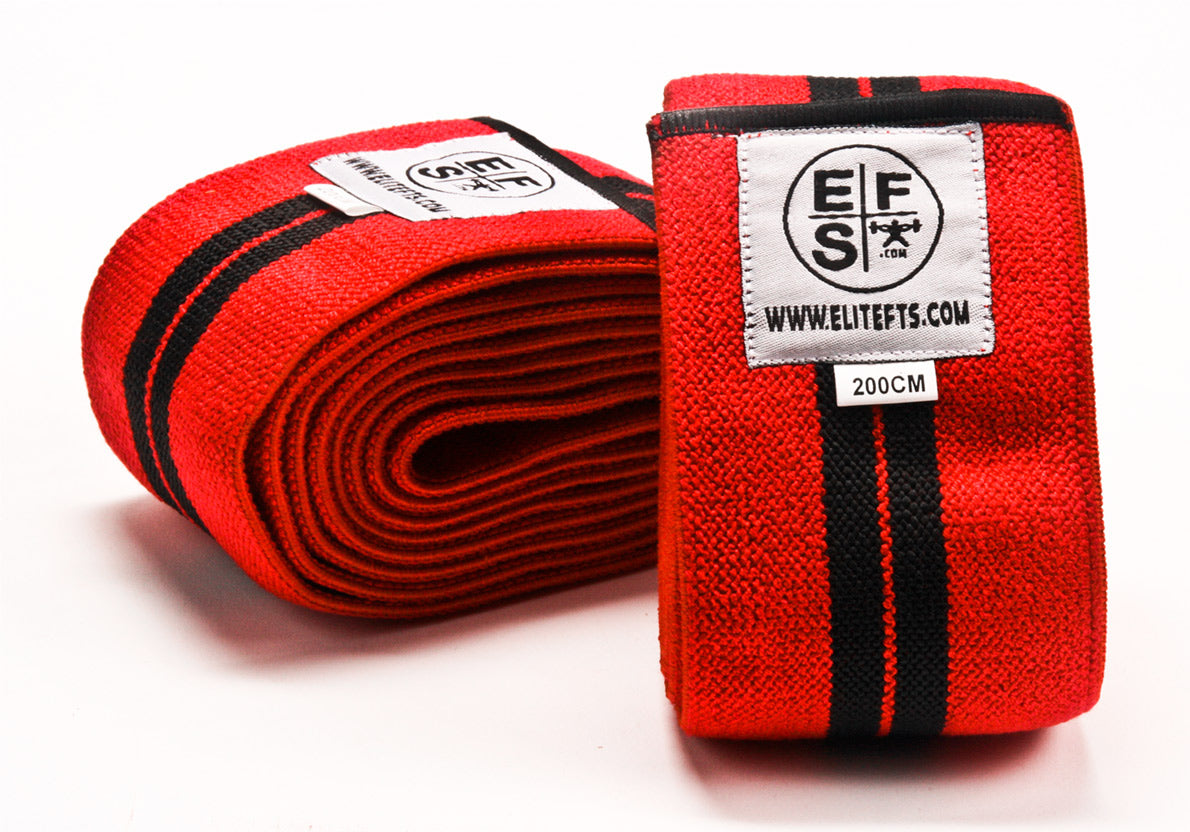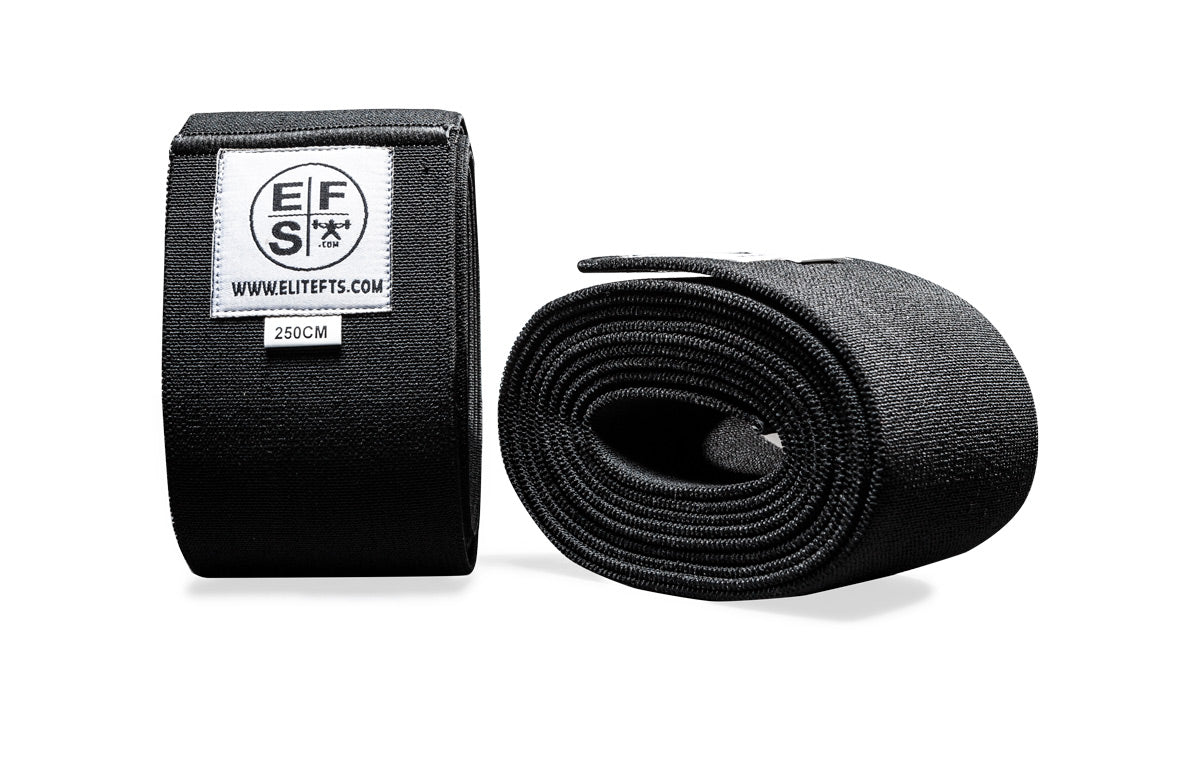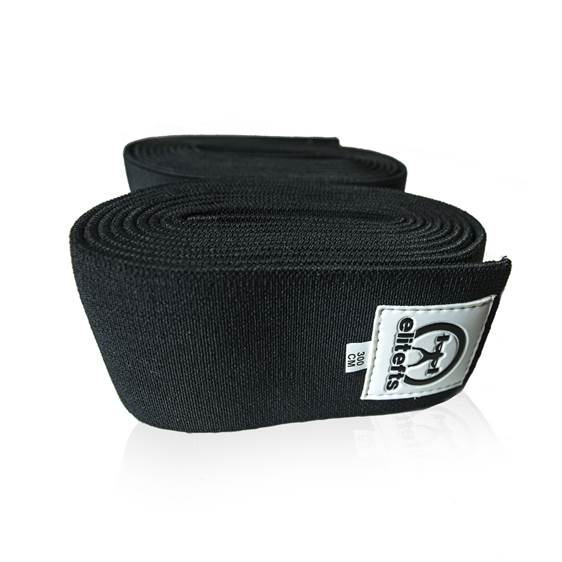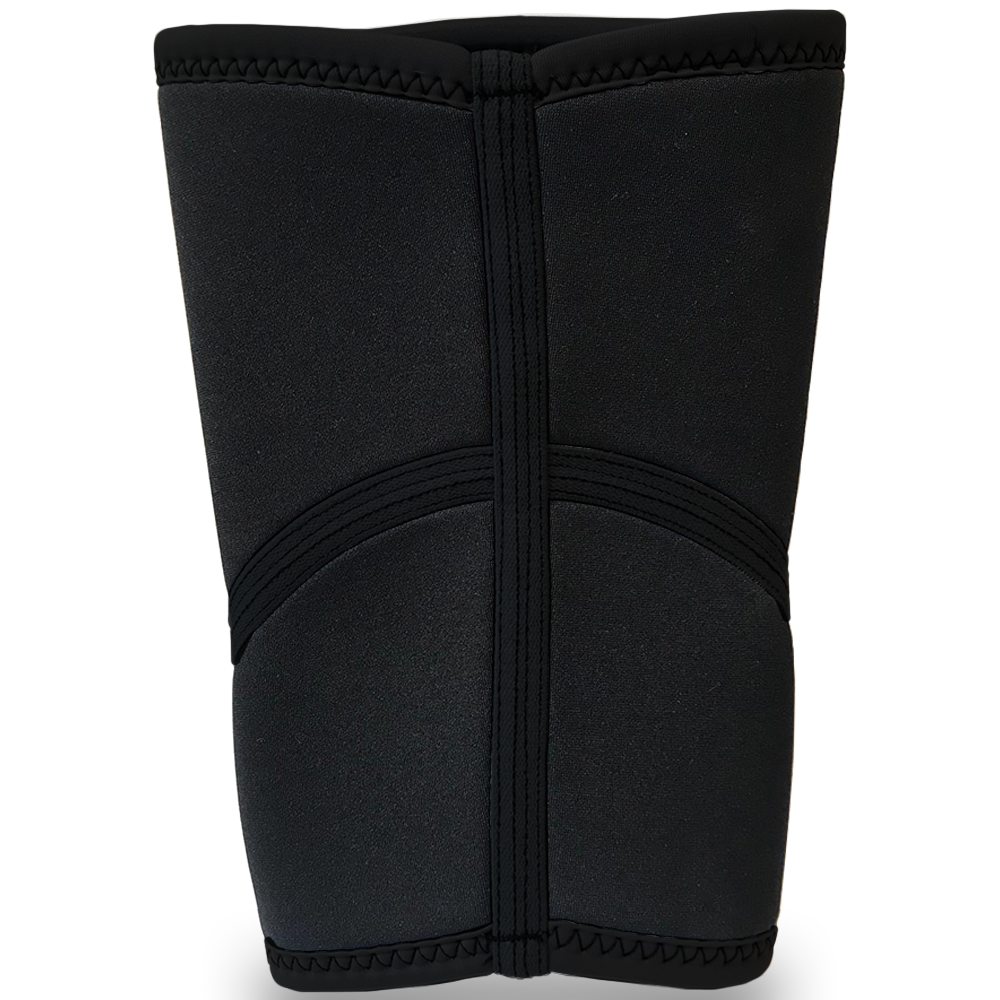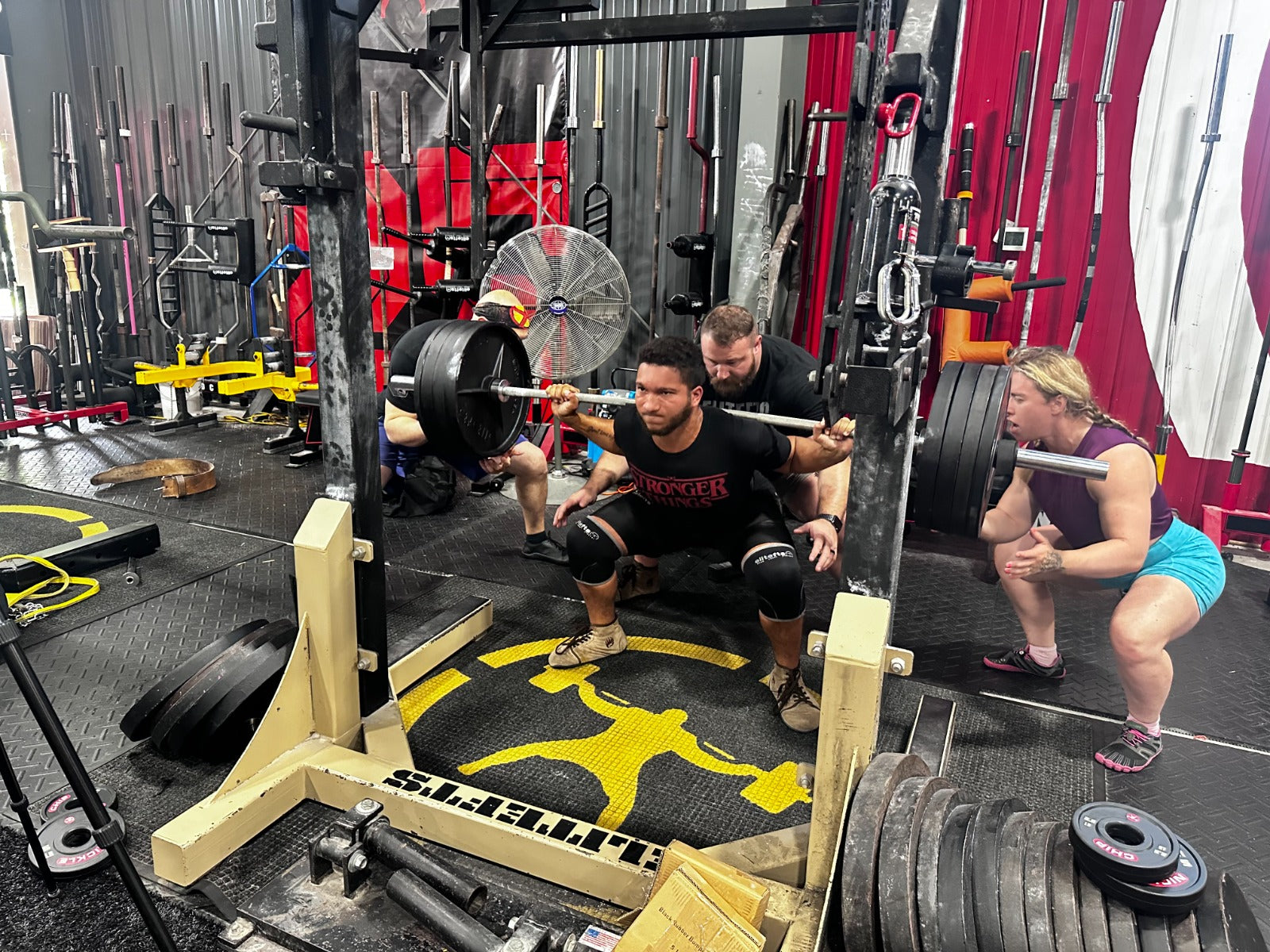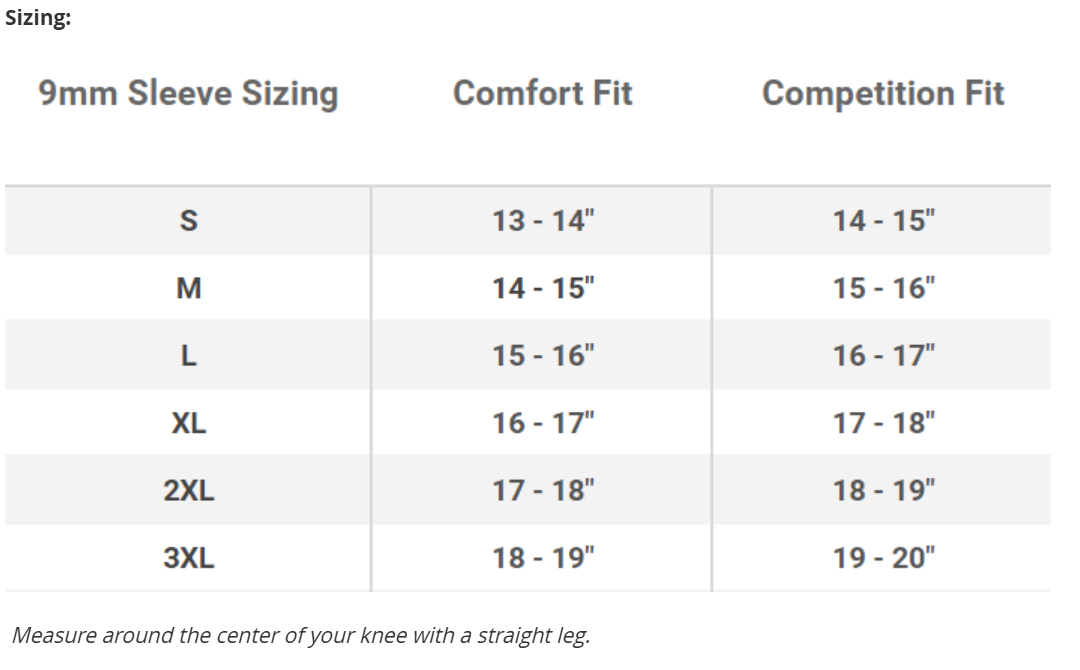Oh, how the tables have turned...
In this Table Talk, the question is not necessarily for Dave Tate. Instead, it’s directed to elitefts team member
Joe Sullivan:
"What effect does powerlifting have on your mental health, and what do you do to stay mentally healthy?"
Joe refuses to use the phrase “training is my therapy” as an answer because it’s cliché and it’s not what it is. If that’s your mindset, you probably don’t need to compete.
If you’re competing, you train at a much higher level, which means you need to back down. If you can’t do that, you will get hurt... unless getting hurt is your therapy. (Just kidding. If that’s your form of therapy, go see an actual therapist or talk to someone for help. Seriously. Don’t hurt yourself.)
Sure, powerlifting can help get Joe through some of those issues. But overall, does it keep him mentally healthy?
"Fuck no. God no."And it’s not just powerlifting. As a high school wrestler, Joe tried to headbutt through a concrete pillar. He ended up with a scar on his forehead and the realization that something was a little goofy.
Powerlifting and sports do not exist to keep people mentally healthy. They might work as coping skills, but it’s a fine line. You could be toeing the line between something that is good for you and something that’s too much. If powerlifting lets you neglect the other problems in your life, that’s not therapy.
Joe “gladly admits” powerlifting is not the greatest thing for him mentally, but it’s because he wants to compete and be the best in the world. It’s not a “happy place.” Training is what he does in order to be who he wants to be.
He’s had great moments. All of his friends are powerlifters. His favorite place in the world is the gym.
But on the flipside, he’s also had terrible moments. He’s put dents in lockers, punched walls, and thrown stuff.
What really helps Joe out is talking.
"There’s a still huge stigma with people just sucking it up and going, 'Don’t be a pussy. Everybody’s life is hard, so get through it.' You can’t really rate trauma or how a person reacts to someone because we’re all different. Yeah, the situation is defined by how you react to it, but if you’re having an issue or trouble with it, talk about it. Talk to a friend, a girlfriend, a random person you see at a bar. Talking about stuff and putting it out there is beneficial."Hitting the “publish” button for each of his training logs scares Joe. It’s cathartic for him, but it’s also putting himself out there. It’s raw and vulnerable. But it’s better than keeping it in and letting it fester.
RELATED: Rise Out of the Ashes
Joe's training logs have taught him and others that they aren’t alone. He’s gotten messages from people thanking him for saying what they were afraid to say, which showed them it’s OK to do that, and it’s also OK for them to get it out there, too.
Dave emphasizes that for him,
nothing has been easy. He’s had his own set of issues, and he’s had many days where he doesn’t want to get up out of bed. But he does. Even if it’s an hour later, he still does.
He recognizes people feel paralyzed due to all of the things they have to do, but he urges them to get up anyways and take it one chip at a time. It’s OK if you don’t get all of these things done right away or even all in one day. It’s better to get up and take on one thing at a time.
Bringing it back to training, your mental health plays a huge role in your performance. If someone comes in quiet and frowning... or on the flipside, happier than they usually are, that’s a red flag. Dave will talk it out with these lifters before they attempt to lift to see where they are at mentally.
For example, Joe had to drop his bench press weight by 90 pounds because things weren’t feeling right. Though Joe hadn’t told Dave about it yet, he did have some mental shit going on. But Joe knew when to toe the line and stopped himself.
From a coaching standpoint, Dave says that had they been four weeks out from a competition, he would’ve chewed Joe out to get him in a mental place he needed to be: an aggressive state. Aggression is good if it’s used correctly. It’s also important to know the lifters.
Joe laughs and sarcastically comments:
"You mean you actually have to have a relationship with your athletes? Holy fuck! Whoa!"Dave manages to talk through his own laughter and notes that he doesn’t even do programming for these athletes. Everything he does is based on the relationship and reading non-verbals with clients, which is probably more important than the program itself.
READ MORE: A Better Language for Coaches
Not to talk shit on his clients, but it amuses Joe that they struggle to understand why he drives 45 minutes to the elitefts compound every weekend. It’s because of the environment. Dave isn’t his coach, but he coaches Joe when he is there, and that makes such a huge difference.
Individual sports are made up of a beautiful combination of self-hatred and narcissism. If you win, all the success is yours. But if you lose, it’s all on you.
That’s Joe’s why thinks “lunatics” like him are in competitive powerlifting — it calls to them.
But just because you’re one of these lunatics doesn’t mean you should keep it bottled up. If you or a loved one needs help, reach out to these resources:
-
The Crisis Text Line: Text “START” to 741741 -
National Suicide Prevention Lifeline: Call 1-800-273-8255. -
Suicide.org: List of International Suicide Hotlines -
7cups: Free online-chat counseling service run by trained volunteers
WATCH: Why Do I Always Wear A Belt?








